scroll
Season One
American Cinema
American cinema has played a pivotal role in shaping the global film industry, captivating audiences worldwide with its innovation, diversity, and influential storytelling. From classic Hollywood masterpieces to groundbreaking independent films, American cinema has consistently pushed boundaries and set cinematic trends, leaving an indelible mark on the art form.
In Basra Cinema club we have curated this list according to artistic and cultural importance to the Iraqi viewer :
citizen kane
1940s
By Orson Welles.
Following the death of publishing tycoon Charles Foster Kane, reporters scramble to uncover the meaning of his final utterance:'Rosebud.
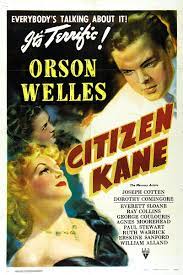
vertigo
1950s
by Alfred Hitchcock
A former San Francisco police detective juggles wrestling with his personal demons and becoming obsessed with the hauntingly beautiful woman he has been hired to trail.
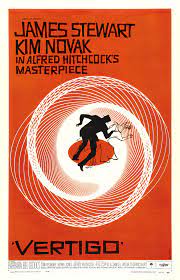
2001 a space odyssey
1960s
By Stanley Kubrick
After uncovering a mysterious artifact buried beneath the Lunar surface, a spacecraft is sent to Jupiter to find its origins - a spacecraft manned by two men and the supercomputer H.A.L.
.jpg)
apocalypse now
1970s
By Francis Ford Coppola
A U.S. Army officer serving in Vietnam is tasked with assassinating a renegade Special Forces Colonel who sees himself as a god.
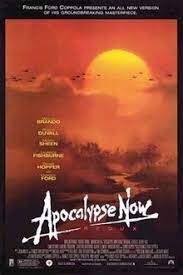
taxi driver
1970s
By Martin Scorsese
A mentally unstable veteran works as a nighttime taxi driver in New York City, where the perceived decadence and sleaze fuels his urge for violent action.

blade runner
1980s
By Ridley Scott
A blade runner must pursue and terminate four replicants who stole a ship in space and have returned to Earth to find their creator.
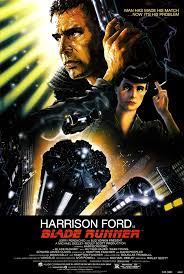
love streams
1980s
By John Cassavetes
Two closely bound, emotionally wounded souls reunite after years apart.
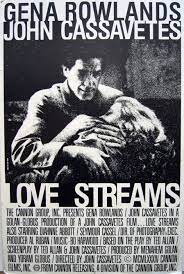
the thin red line
1990s
By Terrence Malick
Adaptation of James Jones' autobiographical 1962 novel, focusing on the conflict at Guadalcanal during the second World War.
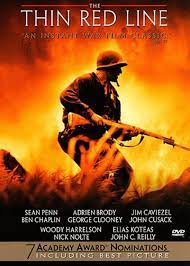
dead man
1990s
By Jim Jarmusch
On the run after murdering a man, accountant William Blake encounters a strange aboriginal American man named Nobody who prepares him for his journey into the spiritual world.
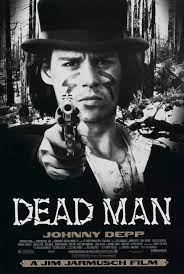
there will be blood
2007s
By Paul Thomas Anderson
A story of family, religion, hatred, oil and madness, focusing on a turn-of-the-century prospector in the early days of the business.
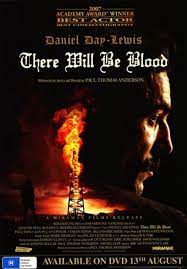
the tree of life
2000s
By The Tree Of Life
The story of a family in Waco, Texas in 1956. The eldest son witnesses the loss of innocence and struggles with his parents' conflicting teachings.
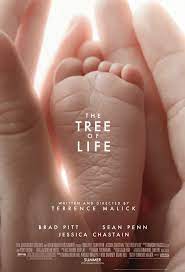
Season Two
Iranian Cinema
Iranian cinema holds significant importance in the global film landscape, captivating audiences with its unique storytelling and artistic expression.
In Basra Cinema club we have curated this list according to artistic and cultural importance to the Iraqi viewer :
The Cow
1969
By Dariush Mehrjui
is a seminal film exploring loss and identity through the psychological transformation of a villager who assumes the persona of his cherished cow, delivering a haunting and thought-provoking cinematic masterpiece.
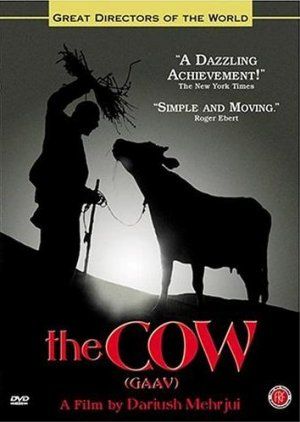
the cyclist
1989
By Mohsen Makhmalbaf
is a visually captivating Iranian film that poetically portrays the relentless struggle of a cyclist trying to support his family in a war-torn landscape, offering a profound reflection on the human spirit and resilience in adversity.
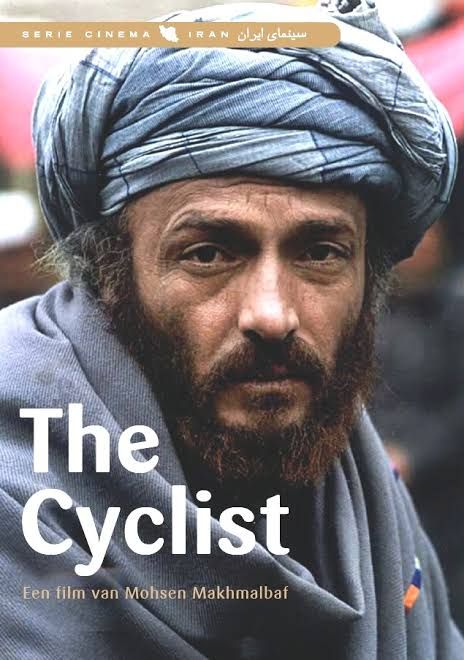
A Moment of Innocence
1996
By Mohsen Makhmalbaf
is a captivating Iranian film that blurs the boundaries between reality and fiction. Inspired by a true event, the film brings together the actual participants of a violent incident, including Makhmalbaf himself, to reenact and reinterpret the event, resulting in a thought-provoking exploration of memory, perception, and the power of cinema.
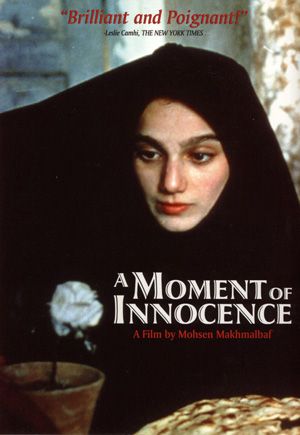
The Circle
2000
By Jafar Panahi
is gripping film that exposes the harsh realities faced by women in a patriarchal society, offering a powerful and thought-provoking exploration of gender inequality.
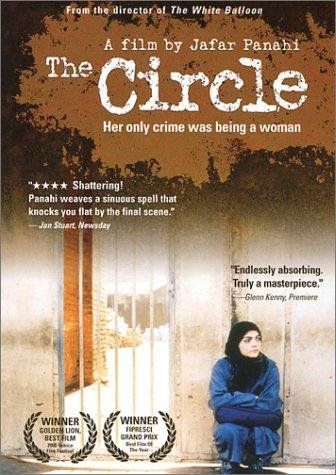
Crimson Gold
2003
By Jafar Panahi
is a compelling film that explores the impact of socio-economic disparities and poverty in Tehran, offering a thought-provoking commentary on social injustice and the human experience.
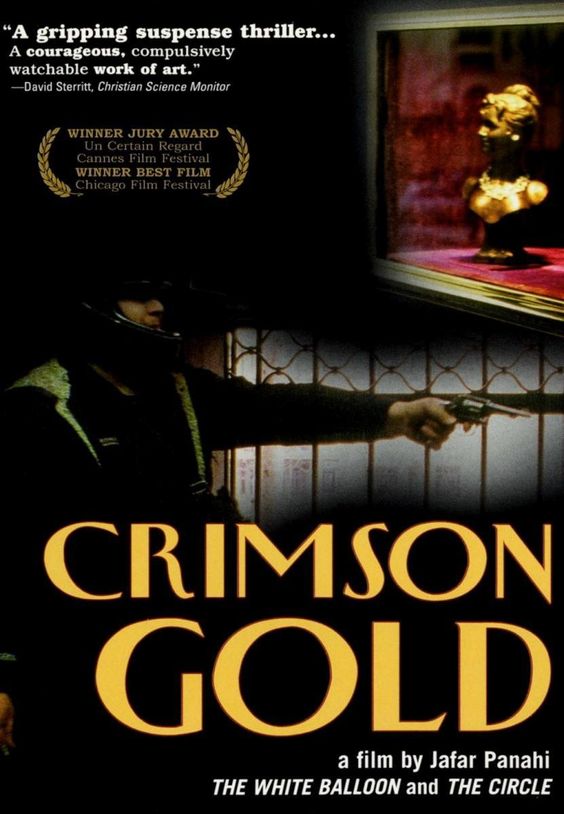
About Elly
2009
By Asghar Farhadi
is a gripping drama that explores the consequences of secrets and lies within a group of friends during a weekend trip, delving into the complexities of human relationships and the fragility of trust.
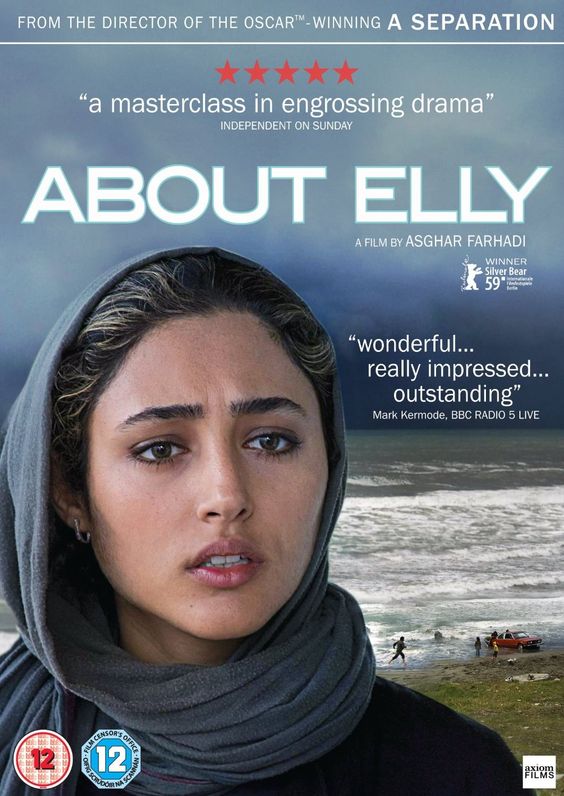
There is No Evil
2020
By Mohammad Rasoulof
is a thought-provoking drama that examines the moral dilemmas faced by individuals in a repressive society. The film is an anthology of interconnected stories, each exploring the themes of personal responsibility, choice, and the repercussions of obedience and defiance in the face of an oppressive regime. Through its powerful storytelling and compelling performances, "There is No Evil" challenges viewers to question the nature of power, authority, and individual agency in the pursuit of justice and freedom.
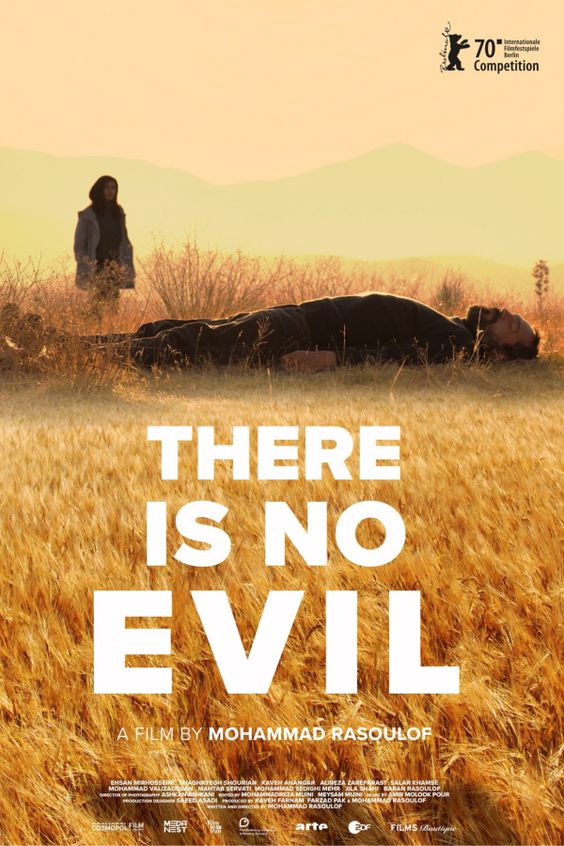
season three
Japanese Cinema
Welcome to Basra Cinema Club's upcoming season, where we embark on a captivating journey into the world of Japanese cinema. Immerse yourself in the rich tapestry of storytelling, intricate visuals, and profound emotions as we present a carefully curated selection of Japanese masterpieces.
In Basra Cinema club we have curated this list according to artistic and cultural importance to the Iraqi viewer :
Rashomon
1950
By Akira Kurosawa
In this groundbreaking film, Kurosawa masterfully explores the concept of multiple perspectives by presenting a crime from different viewpoints, challenging the audience's perception of truth and human nature.
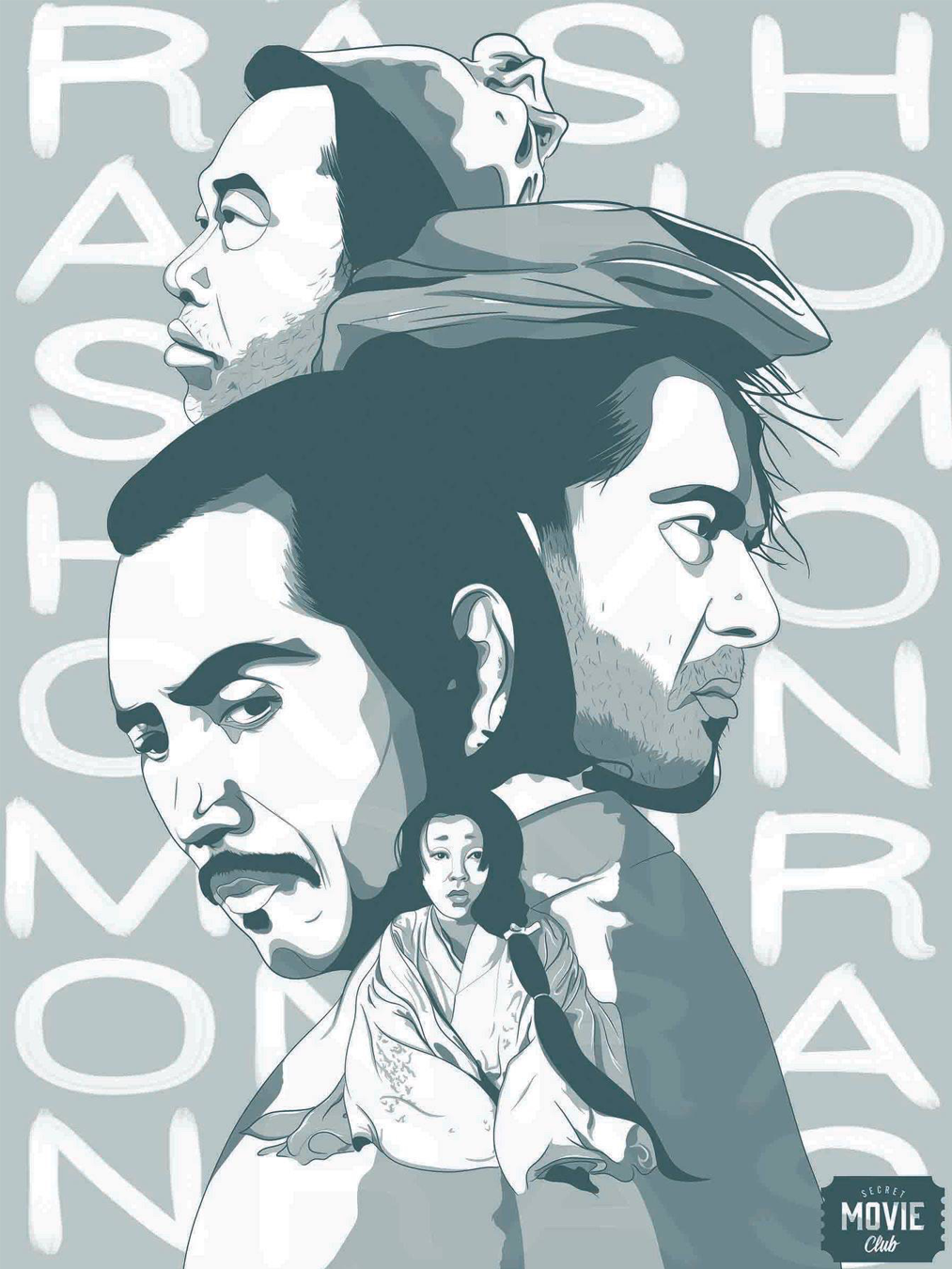
Tokyo Story
1953
By Yasujirō Ozu
Ozu's poignant masterpiece depicts the generational gap and changing societal values as an elderly couple visits their busy adult children in Tokyo. The film serves as a profound reflection on family dynamics, social changes, and the universal themes of love and loss.
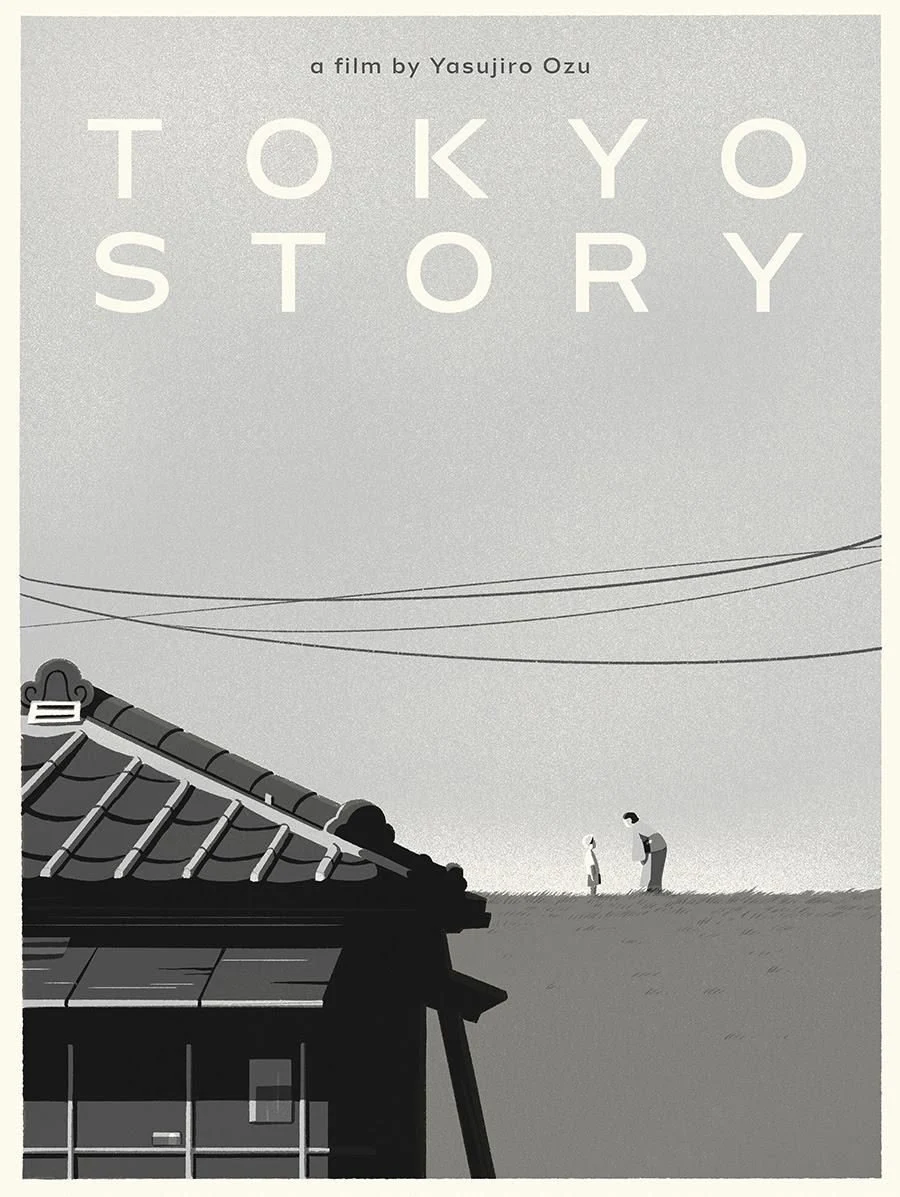
Harakiri
1962
By Masaki Kobayashi
With its searing critique of the samurai code and feudal hierarchy, "Harakiri" is a powerful and visually striking film. It delves into themes of honor, duty, and the price of maintaining one's integrity in the face of oppressive systems.
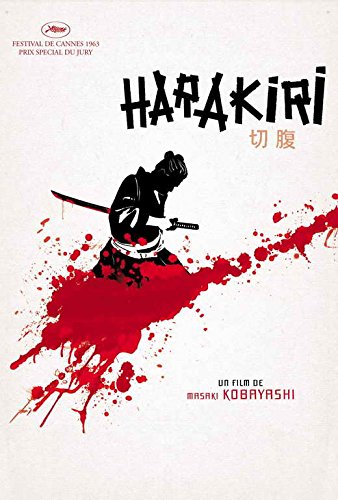
Ugetsu
1953
By Kenji Mizoguchi
Mizoguchi's hauntingly beautiful film intertwines reality and the supernatural to explore the price of ambition and the destructive nature of desire. Through its mesmerizing cinematography and evocative storytelling, "Ugetsu" offers a profound meditation on the human condition.
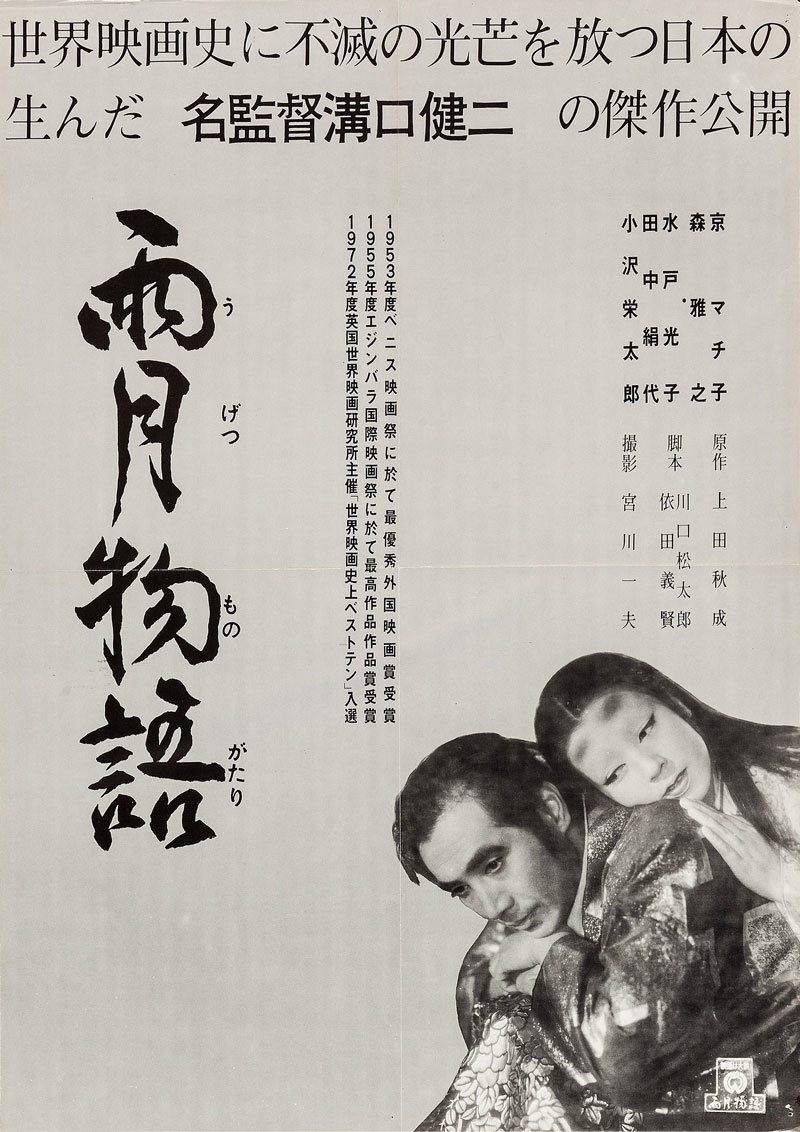
Sansho the Bailiff
1954
By Kenji Mizoguchi
This emotionally resonant masterpiece tells the story of a family torn apart by social injustice and their enduring struggle for reunion. Mizoguchi's film is a powerful condemnation of feudalistic oppression and an ode to the resilience of the human spirit.
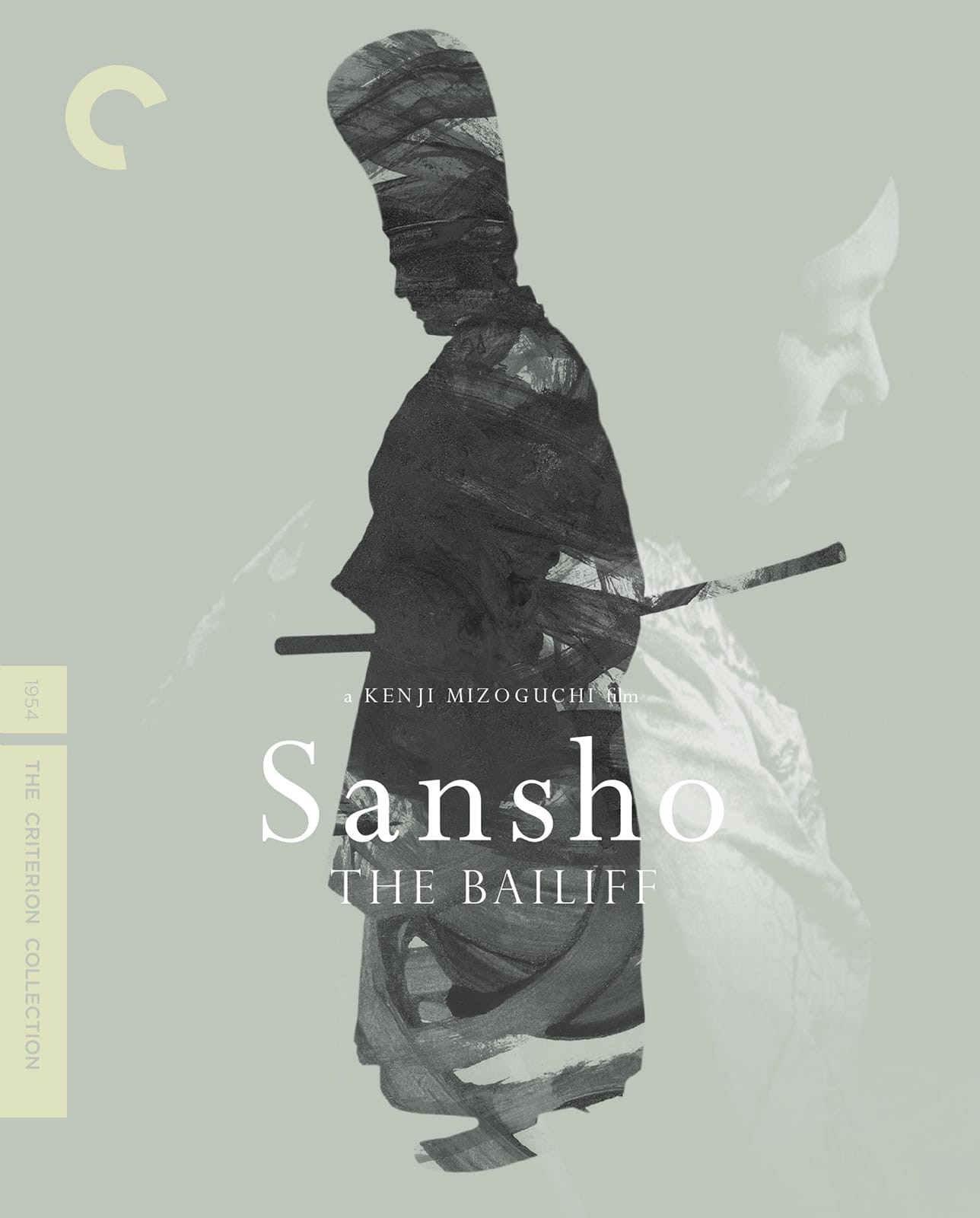
Seven Samurai
1954
By Akira Kurosawa
Regarded as one of the greatest films ever made, "Seven Samurai" follows a group of skilled samurai who defend a village from bandits. Kurosawa's epic showcases his mastery of storytelling, character development, and dynamic action sequences, cementing its status as a timeless classic and influencing generations of filmmakers worldwide.
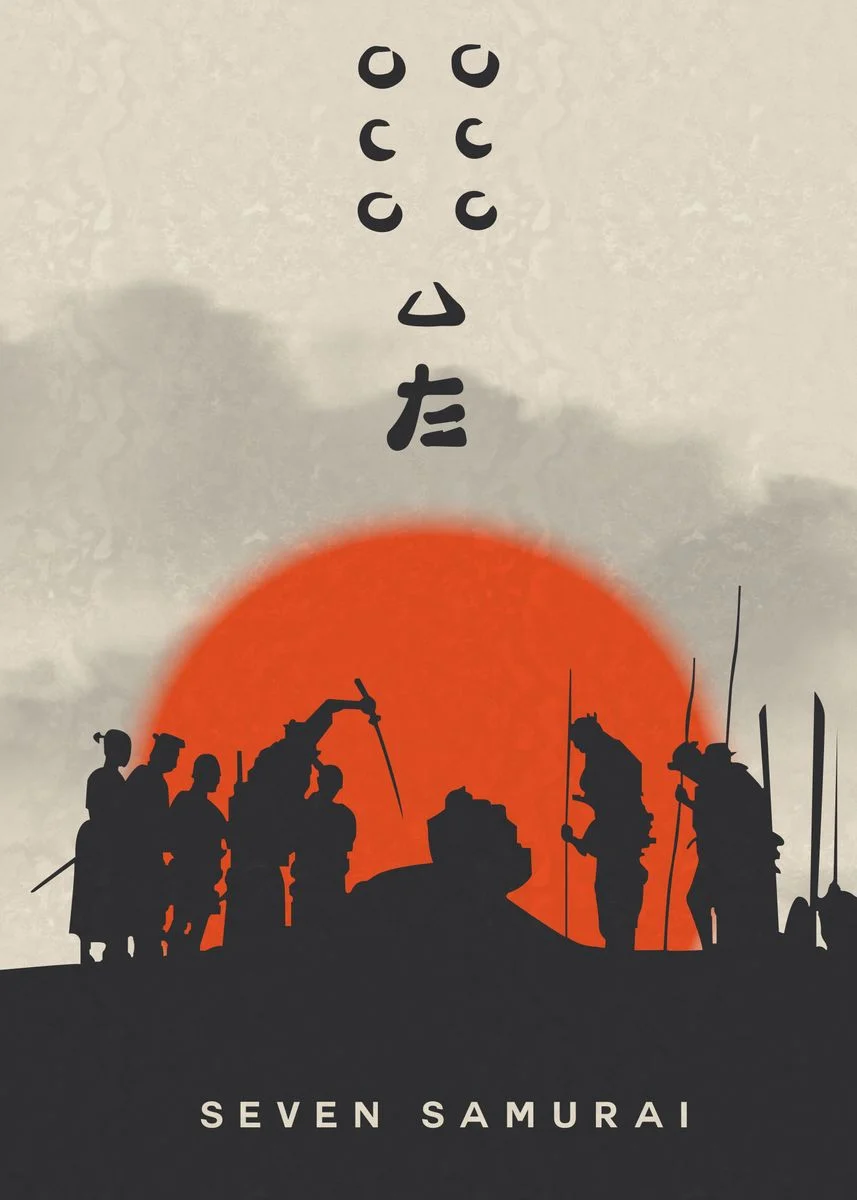
Ran
1985
By Akira Kurosawa
Kurosawa's visually stunning and emotionally gripping masterpiece, "Ran," presents a compelling adaptation of Shakespeare's "King Lear" set in feudal Japan. Through breathtaking cinematography, powerful performances, and a thought-provoking exploration of human nature, the film delves into themes of power, betrayal, and the destructive consequences of unchecked ambition, solidifying its status as an epic and profound cinematic achievement

season Four
the Palestinian case cinema
These films offer a diverse and compelling exploration of the Israeli-Palestinian conflict, delving into the personal, psychological, and societal complexities experienced by individuals on both sides of the divide.
Paradise Now
2005
By Hany Abu-Assad
This gripping film delves into the lives of two Palestinian friends who are recruited as suicide bombers. "Paradise Now" offers a thought-provoking exploration of the psychological and moral complexities surrounding the Israeli-Palestinian conflict, challenging viewers to confront the human side of those involved.
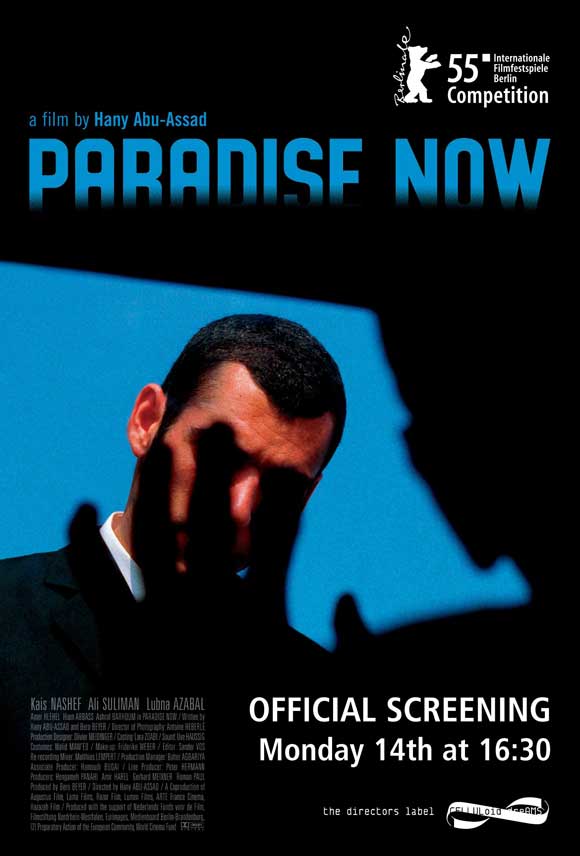
Waltz with Bashir
2008
By Ari Folman
Through innovative animation and a deeply personal narrative, "Waltz with Bashir" follows the director's journey to recover his repressed memories from the 1982 Lebanon War. This groundbreaking film confronts the trauma of war, collective memory, and the search for truth, providing a unique perspective on the Israeli-Palestinian conflict.
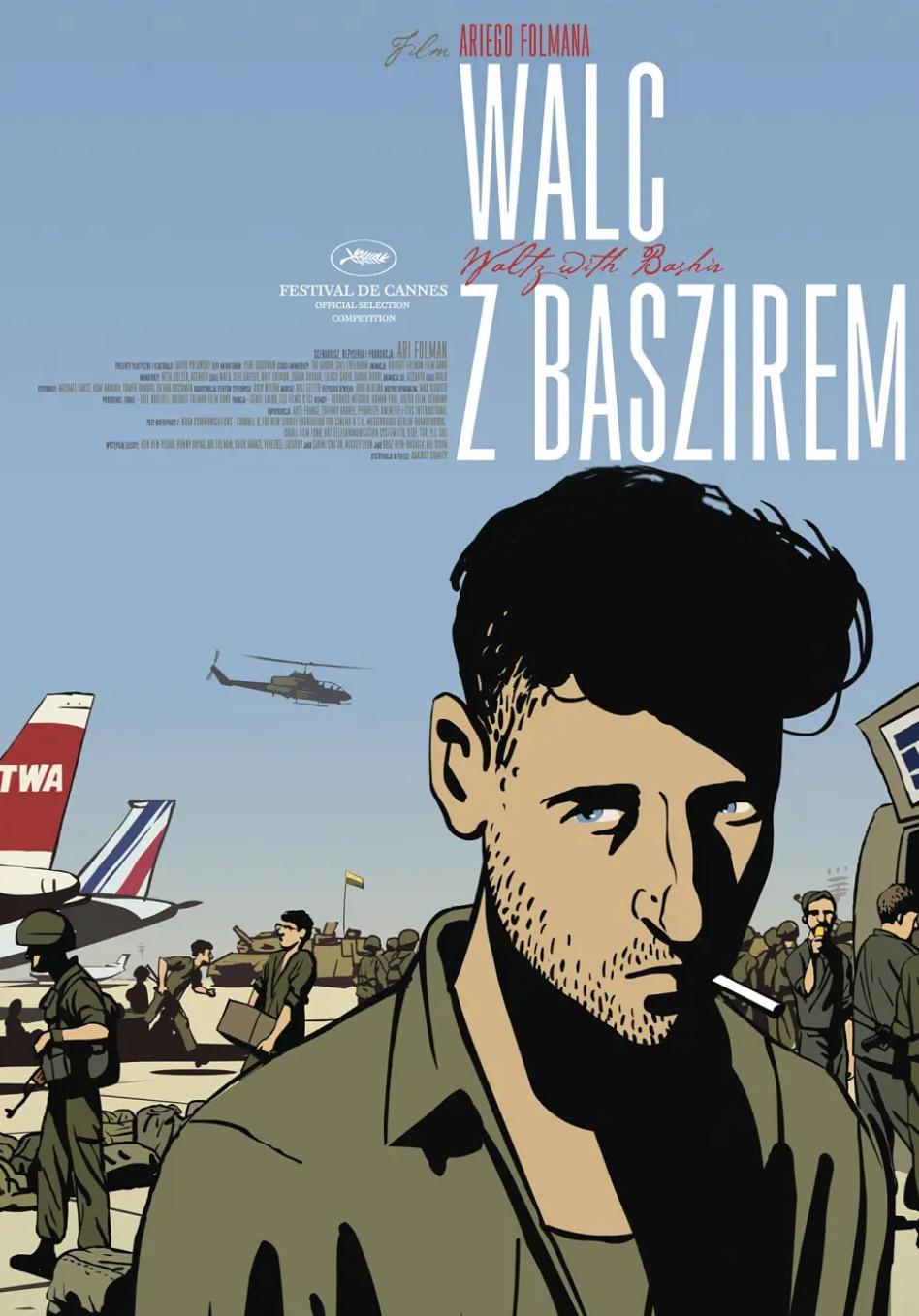
The Time That Remains
2009
By Elia Suleiman
Suleiman's semi-autobiographical film recounts the experiences of Palestinians from 1948 to the present day, capturing moments of absurdity, resilience, and everyday life. By blending humor and melancholy, "The Time That Remains" offers a poignant reflection on the Palestinian struggle for identity, dignity, and survival.
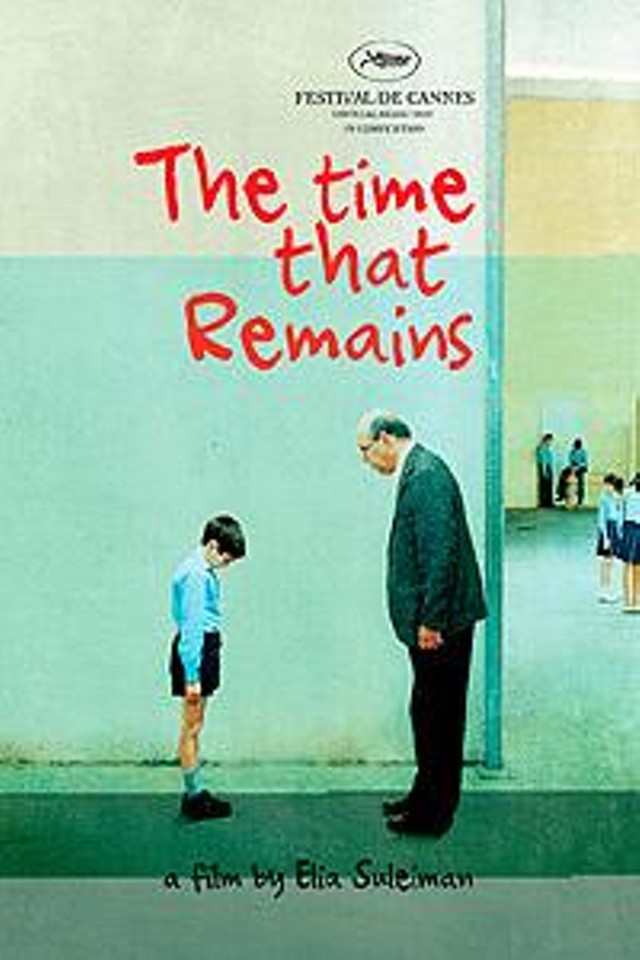
Omar
2013
By Hany Abu-Assad
Set against the backdrop of the Israeli-occupied West Bank, "Omar" is a gripping thriller that follows a young Palestinian baker who becomes entangled in a web of surveillance, betrayal, and resistance. The film highlights the complexities of living under occupation and the choices individuals face in their quest for freedom and justice.

Foxtrot
2017
By Samuel Maoz
This powerful drama weaves together three interconnected narratives, exploring the impact of war and grief on an Israeli family. "Foxtrot" delves into themes of loss, bureaucracy, and the cyclical nature of conflict, offering a searing critique of the human cost of war and the systemic challenges faced by both Israelis and Palestinians.
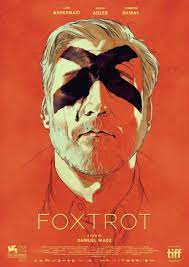
Lebanon
2009
By Samuel Maoz
Set entirely within the confines of an Israeli tank during the 1982 Lebanon War, this intense and claustrophobic film provides a harrowing portrayal of the realities of war. "Lebanon" serves as a stark reminder of the brutality and dehumanization experienced by soldiers and civilians alike, exploring the moral dilemmas and psychological toll of armed conflict.

Director's retrospective
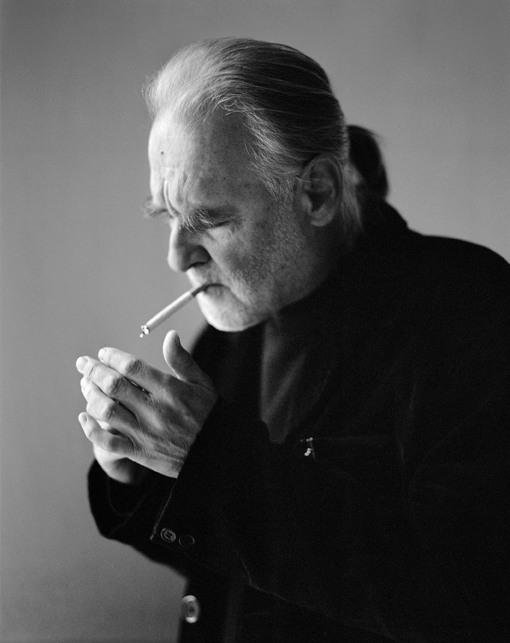
Bela Tarr
Join us for a mesmerizing Bela Tarr Retrospective as we explore the remarkable works of this visionary filmmaker.
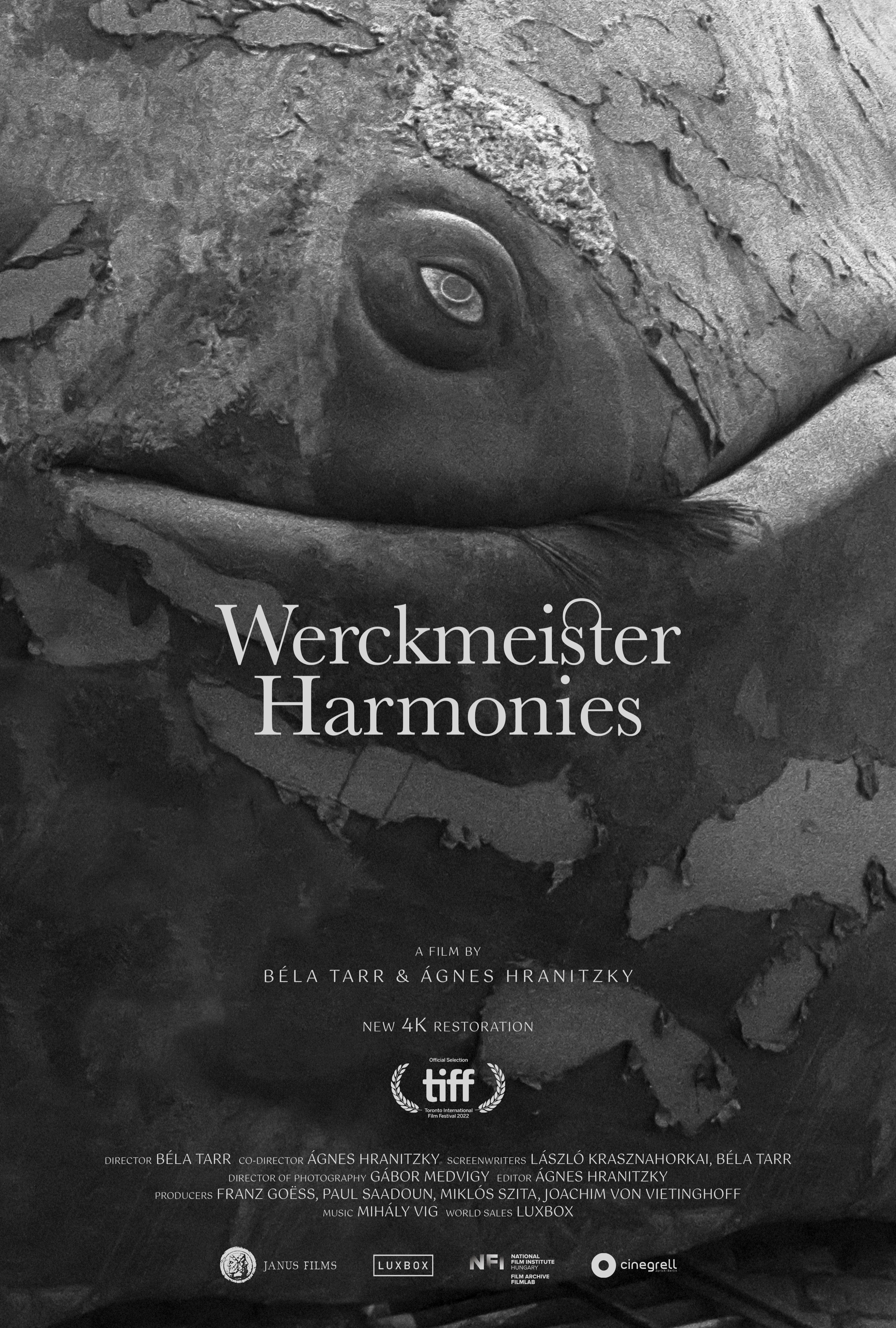
Werckmeister Harmonies
2000
takes viewers on a haunting journey through a Hungarian village, delving into themes of alienation, power, and the human condition
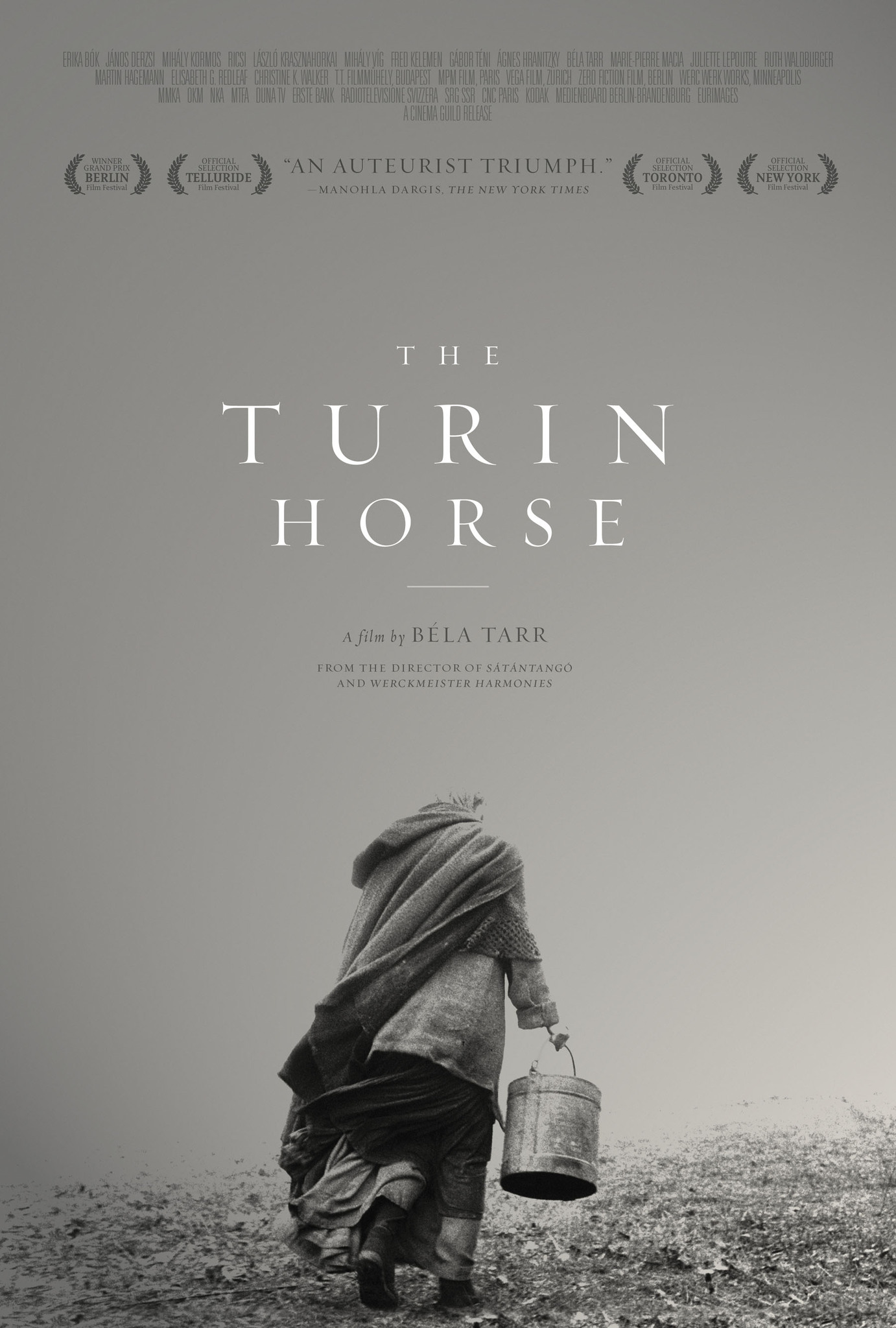
The Turin Horse
2011
offers a profound and meditative experience, depicting the lives of a father and daughter as they face the relentless hardship of existence, enveloping audiences in Tarr's signature atmospheric storytelling and stunning long takes.

Apichatpong Weerasethakul
Immerse yourself in the captivating world of Apichatpong Weerasethakul with our retrospective program featuring his remarkable films.
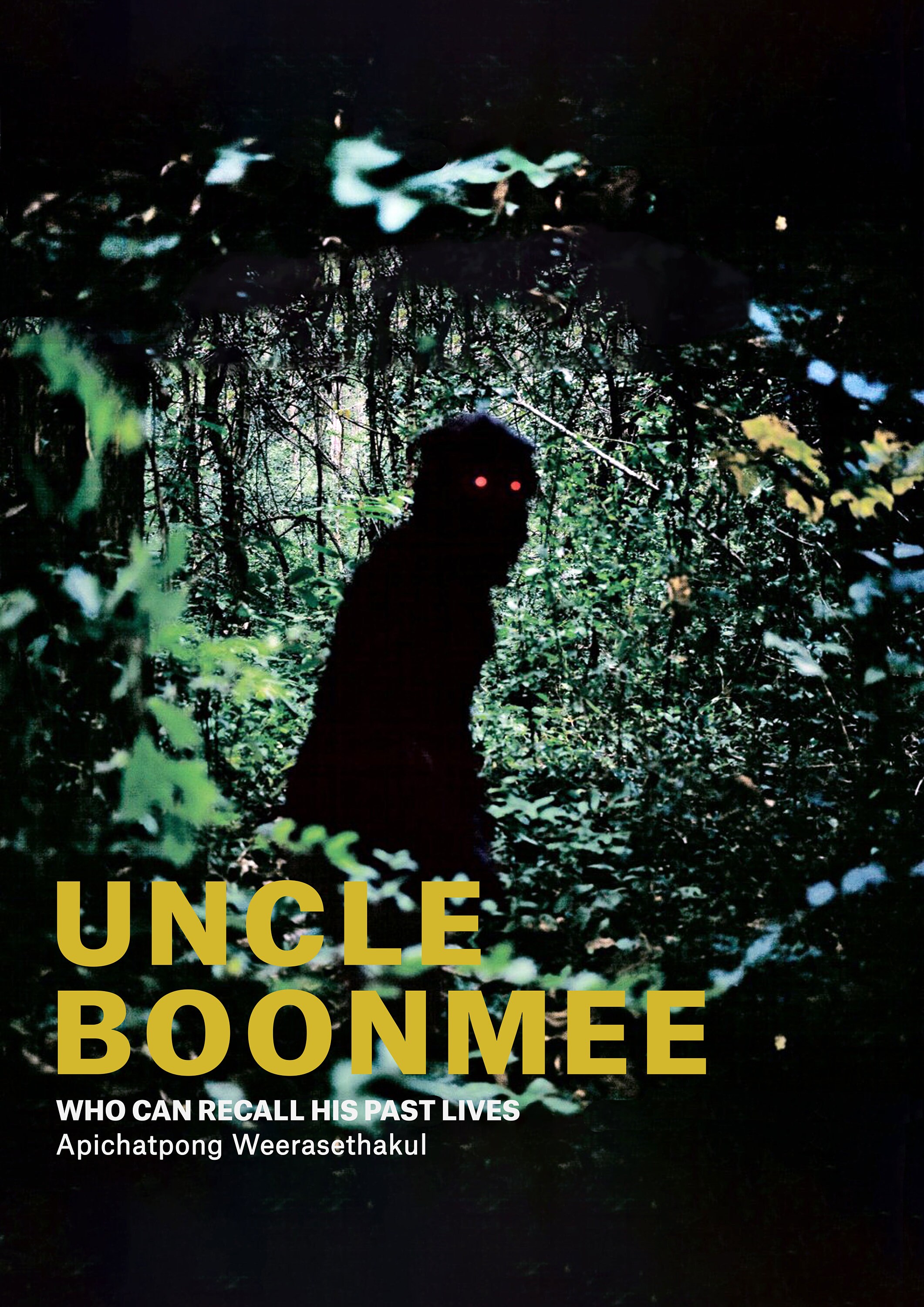
Uncle Boonmee
2010
s a mesmerizing exploration of memory, reincarnation, and the spiritual connections between humans and nature. Through dreamlike sequences and poetic storytelling, Weerasethakul invites audiences into a transcendent cinematic experience that challenges conventional narratives and embraces the mystical realms of existence.
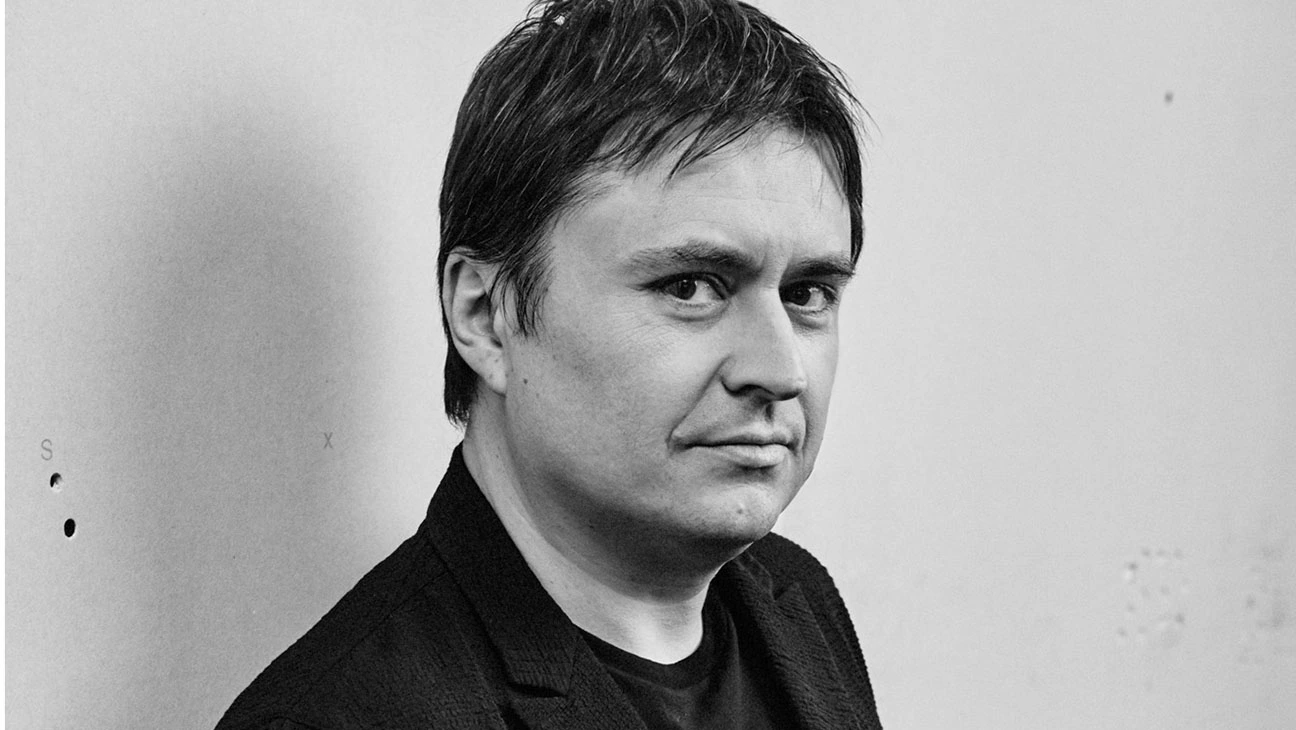
Cristian Mungiu
Embark on a thought-provoking journey with our Cristian Mungiu Retrospective, showcasing the exceptional works of this acclaimed filmmaker.
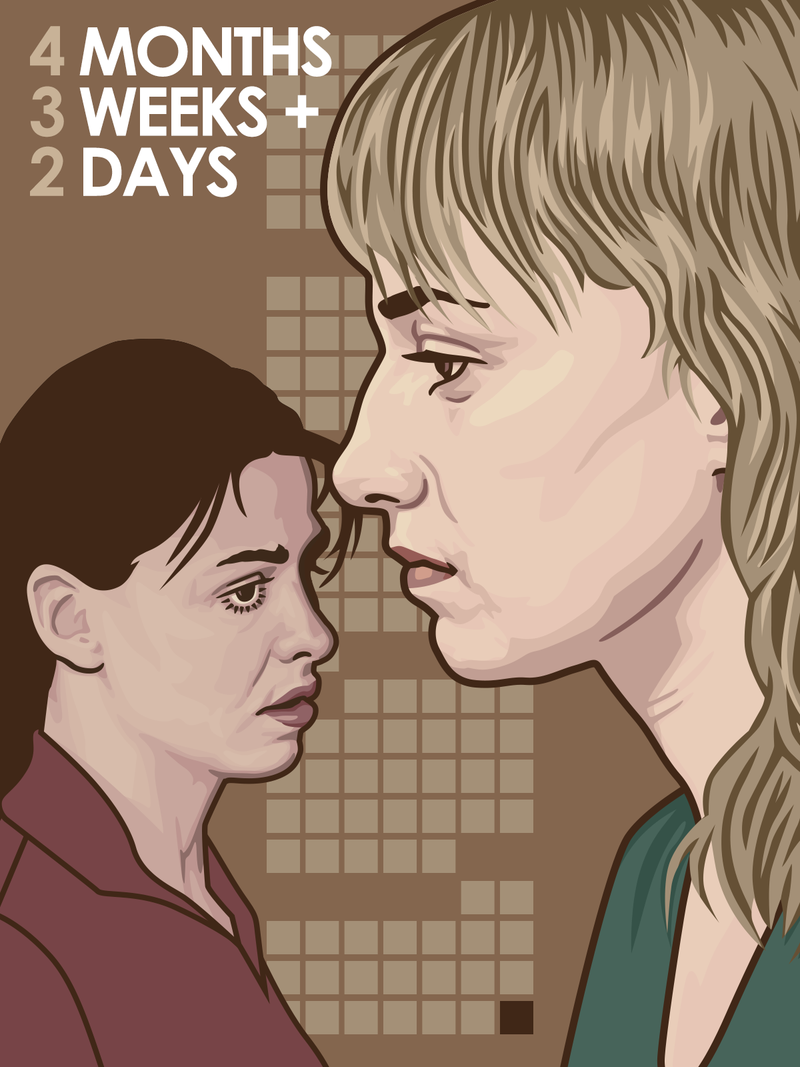
4 Months, 3 Weeks and 2 Days"
2007
offers a harrowing and intimate portrayal of two women navigating the challenges of illegal abortion in communist Romania, while "The Death of Mr. Lazarescu" (2005) presents a darkly humorous and poignant examination of the Romanian healthcare system through the eyes of a dying man.
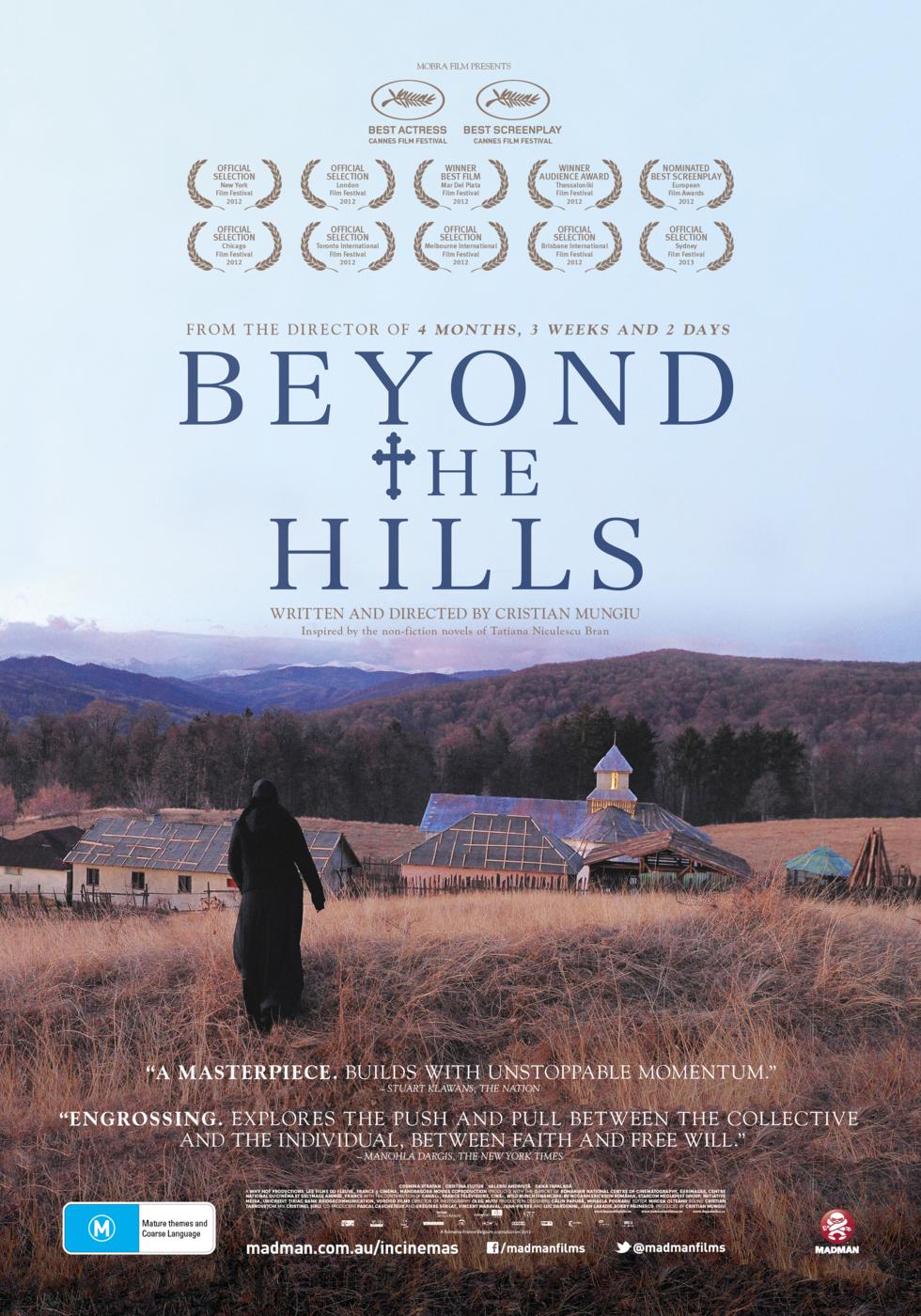
Beyond the Hills
2012
delves into the complexities of faith, friendship, and institutional power, delivering a haunting and deeply affecting exploration of a religious community. Mungiu's films captivate audiences with their raw realism, social commentary, and masterful storytelling.
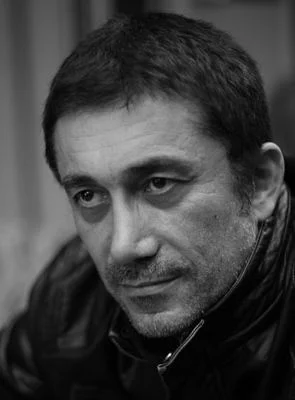
Nuri Bilge Ceylan
A captivating journey through the works of Nuri Bilge Ceylan in our Director's Retrospective.
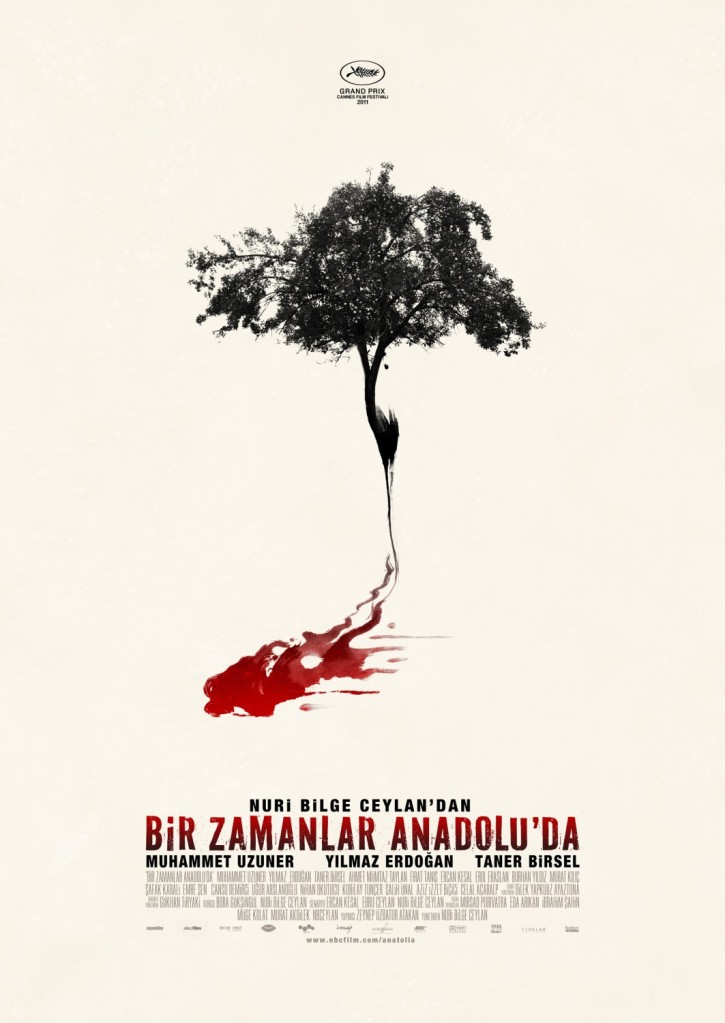
Once Upon a Time in Anatolia
2011
offers a mesmerizing and contemplative exploration of a night-long investigation in the Turkish countryside, delving into themes of truth, identity, and the human condition. "Three Monkeys" (2008) presents a gripping tale of a family's moral dilemma and the consequences of their actions, showcasing Ceylan's masterful storytelling and atmospheric cinematography.
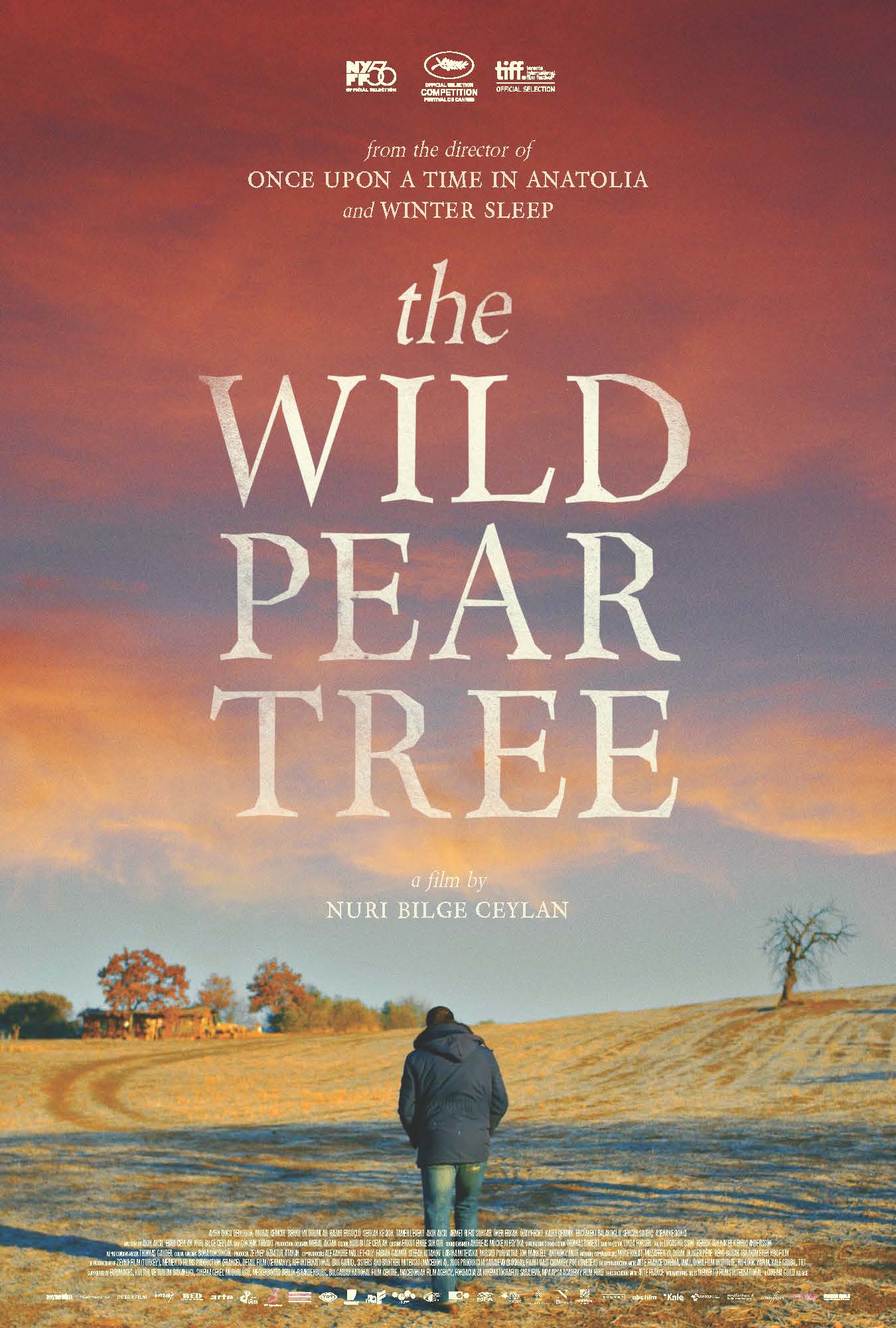
The Wild Pear Tree
2018
takes audiences on a poetic and introspective journey as a young writer confronts his ambitions, family dynamics, and the search for meaning in life. Ceylan's films are marked by their exquisite visuals, rich character development, and profound philosophical reflections, creating a cinematic experience that lingers long after the credits roll.
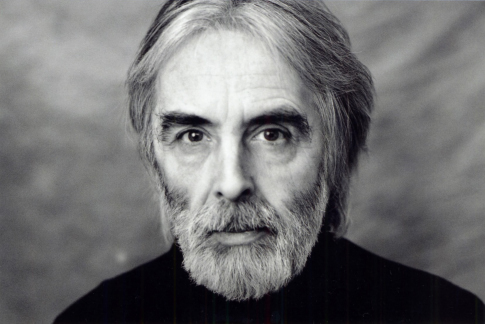
Michael Haneke
Indulge in the captivating works of Michael Haneke in our Director's Retrospective, as we delve into his thought-provoking films.
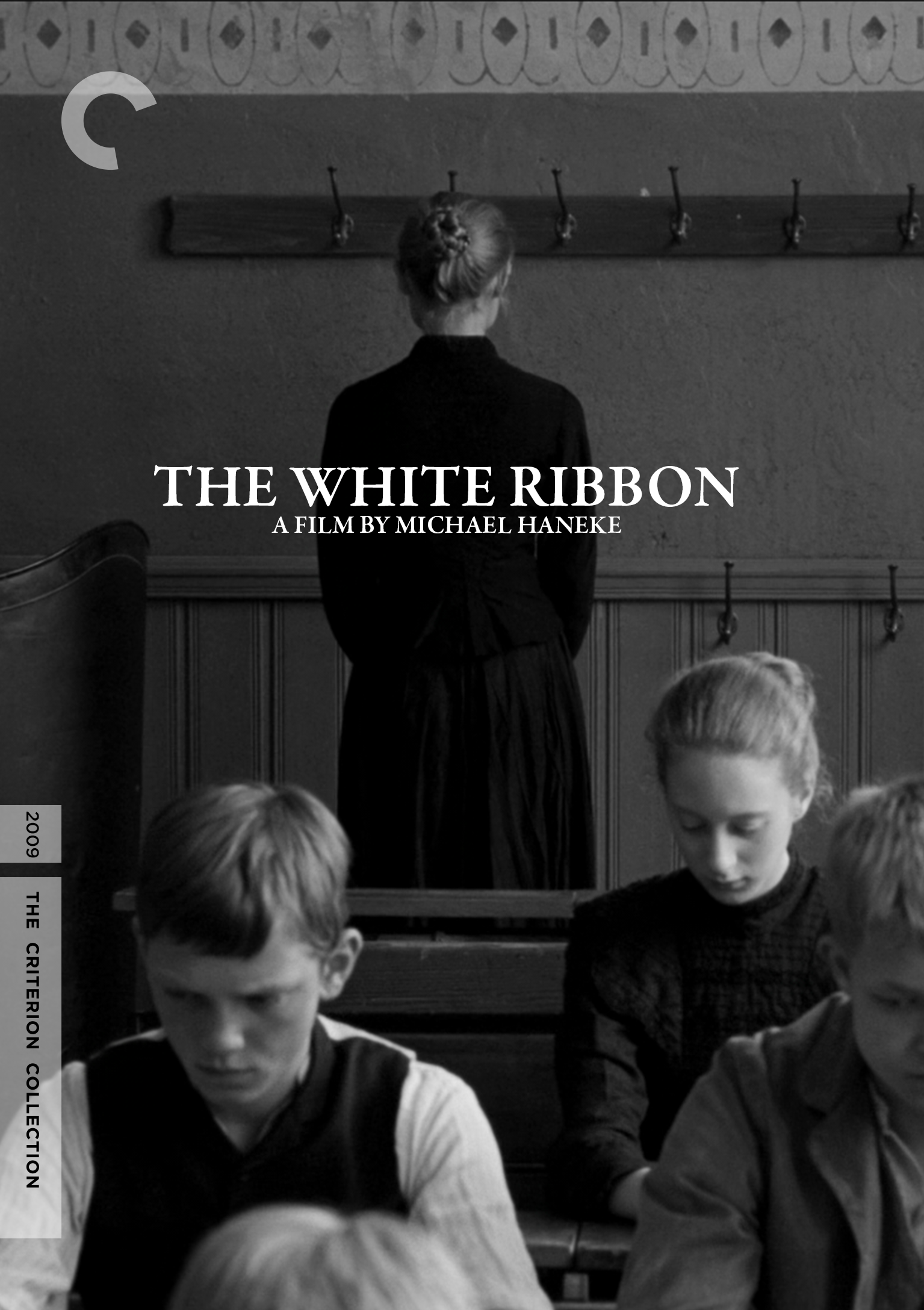
The White Ribbon
2009
presents a haunting and unsettling portrait of a rural German village on the eve of World War I, exploring themes of power, repression, and the origins of evil.
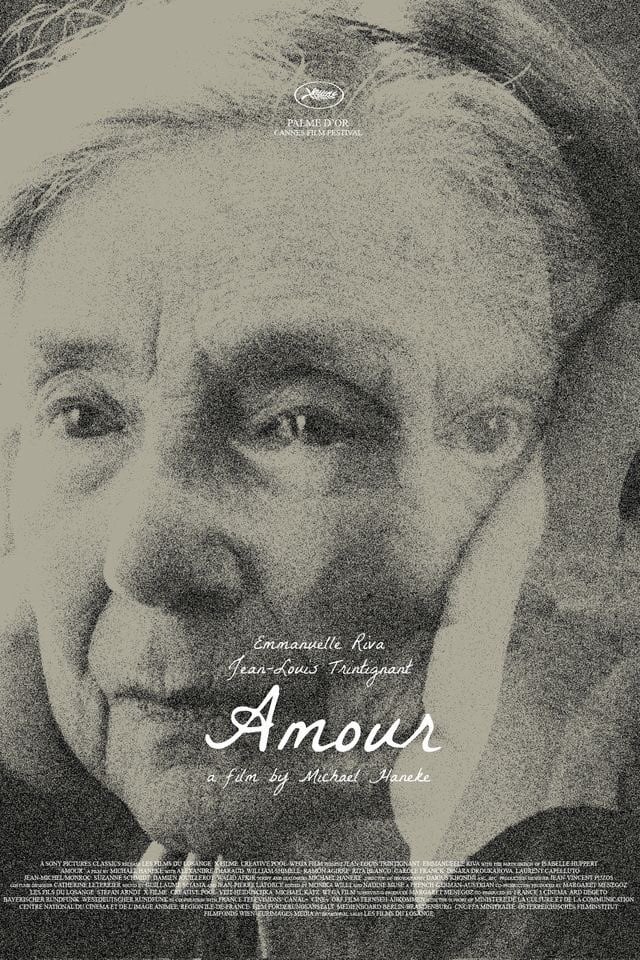
Amour
2012
offers a tender and emotionally resonant portrayal of an elderly couple facing the challenges of aging and mortality, delving into the complexities of love, compassion, and human fragility. Haneke's films are marked by their meticulous craftsmanship, unflinching examinations of human nature, and their ability to provoke profound introspection and discussion.
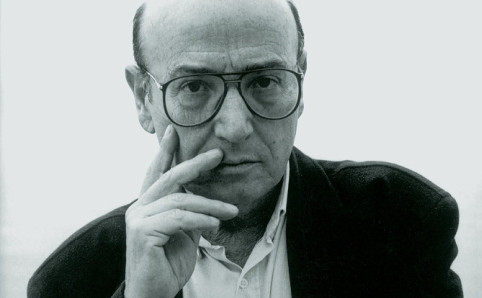
Theodoros Angelopoulos
Embark on a mesmerizing journey through the works of Theodoros Angelopoulos in our Theodoros Angelopoulos Retrospective.

Eternity and a Day
1998
takes viewers on a poetic exploration of life, memory, and the passage of time as a dying poet reflects on his past and contemplates his final moments.
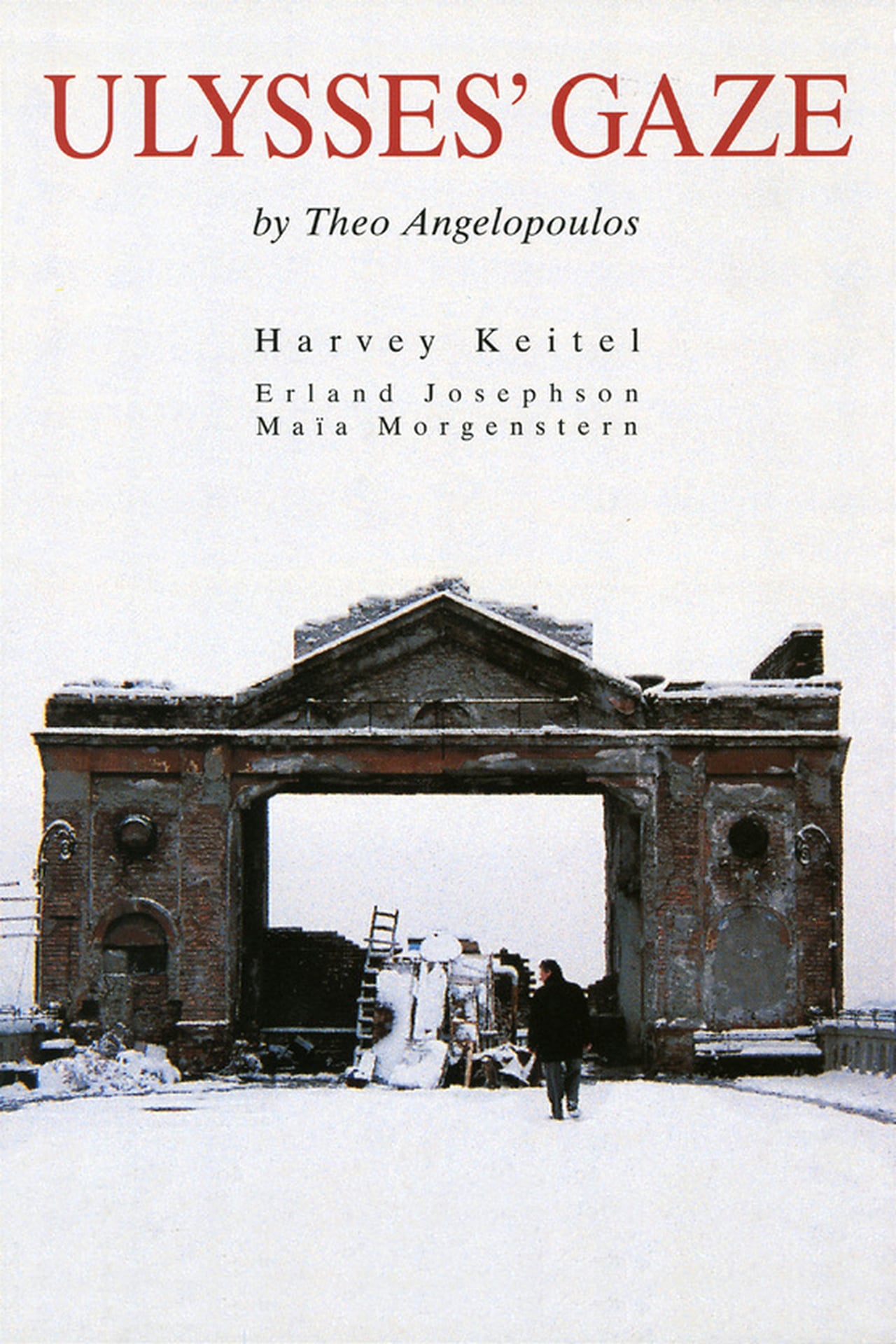
Ulysses' Gaze
1995
weaves a captivating narrative around a filmmaker's search for three lost reels of film, delving into themes of history, identity, and the power of art.
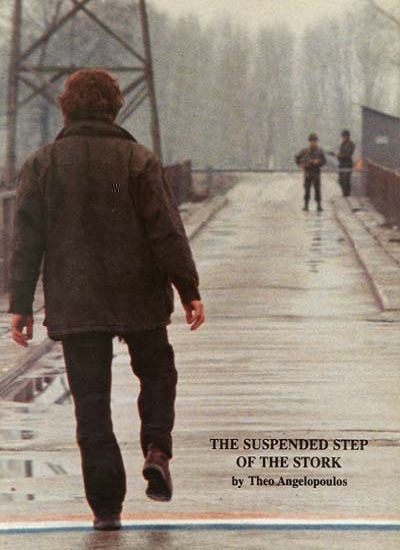
The Suspended Step of the Stork
1991
offers a poignant reflection on the complexities of migration, borders, and human connection through the story of a journalist investigating the disappearance of a refugee. Angelopoulos' films captivate with their sweeping visuals, contemplative storytelling, and profound exploration of human experiences and the sociopolitical landscape.
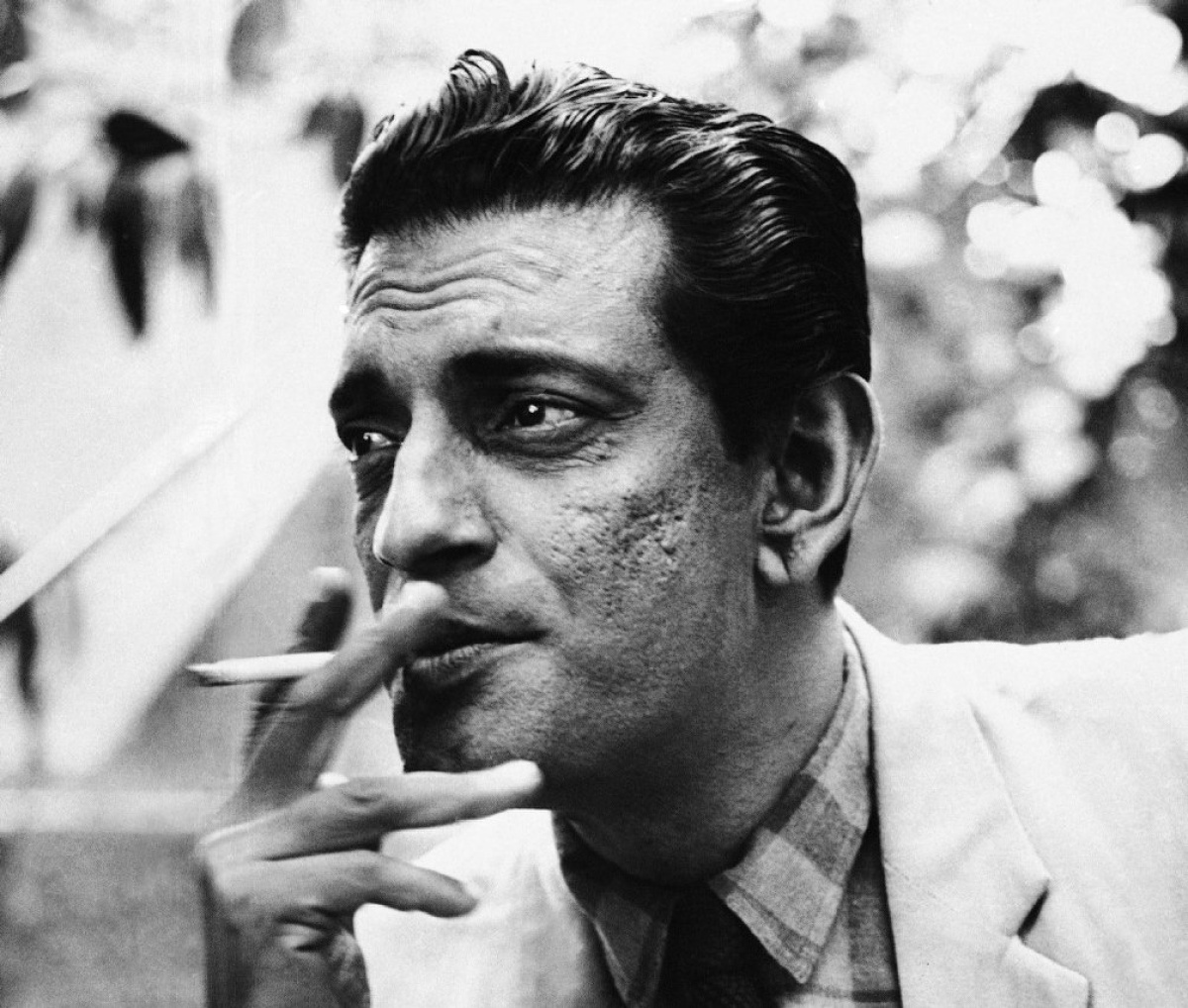
Satyajit Ray
Celebrate the incredible legacy of Satyajit Ray with our Director's Retrospective, as we showcase his remarkable films.
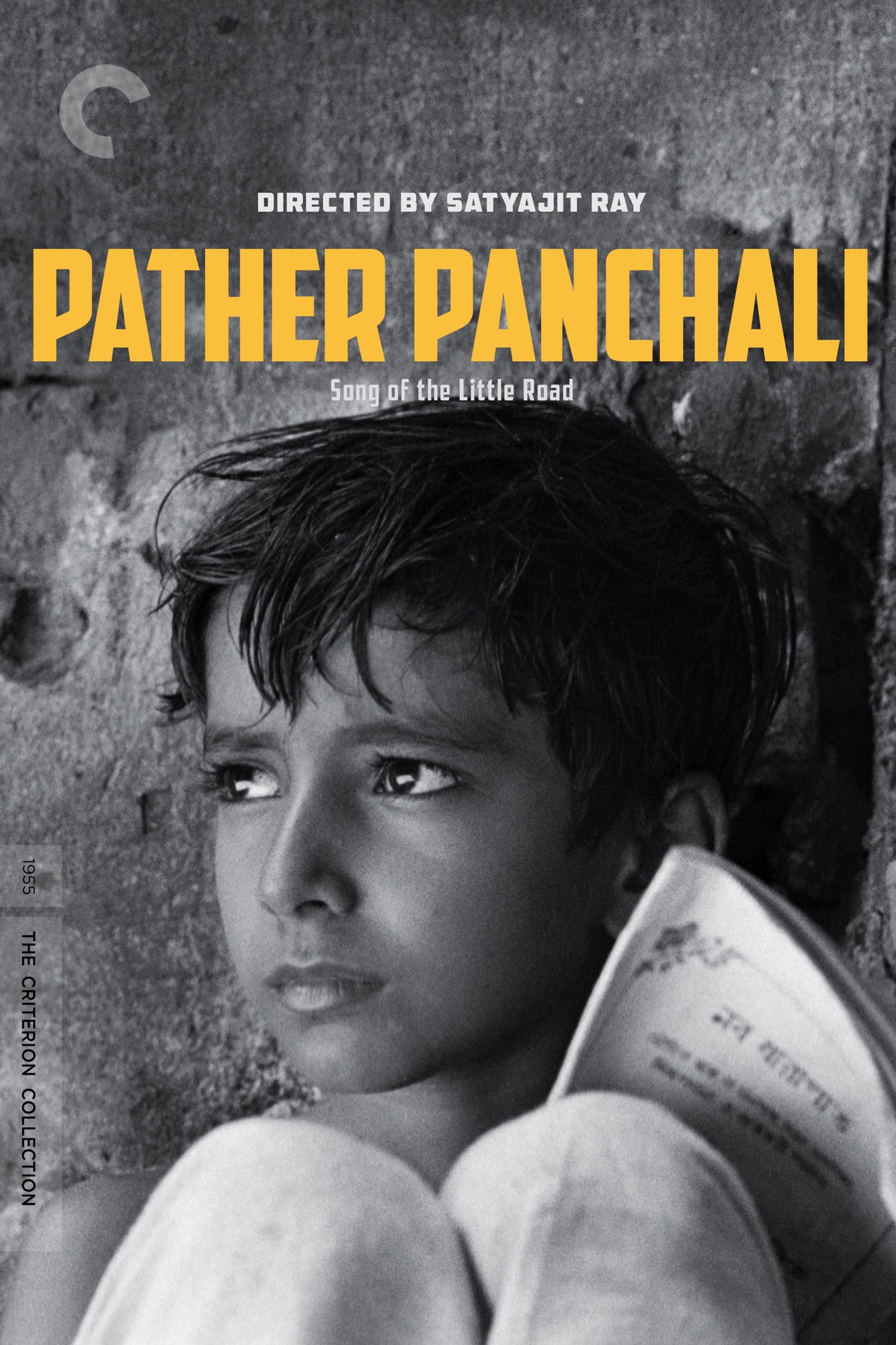
Pather Panchali
1955
transports audiences to the enchanting world of rural Bengal, following the journey of a young boy and his family, capturing the beauty of ordinary life with profound sensitivity and authenticity.
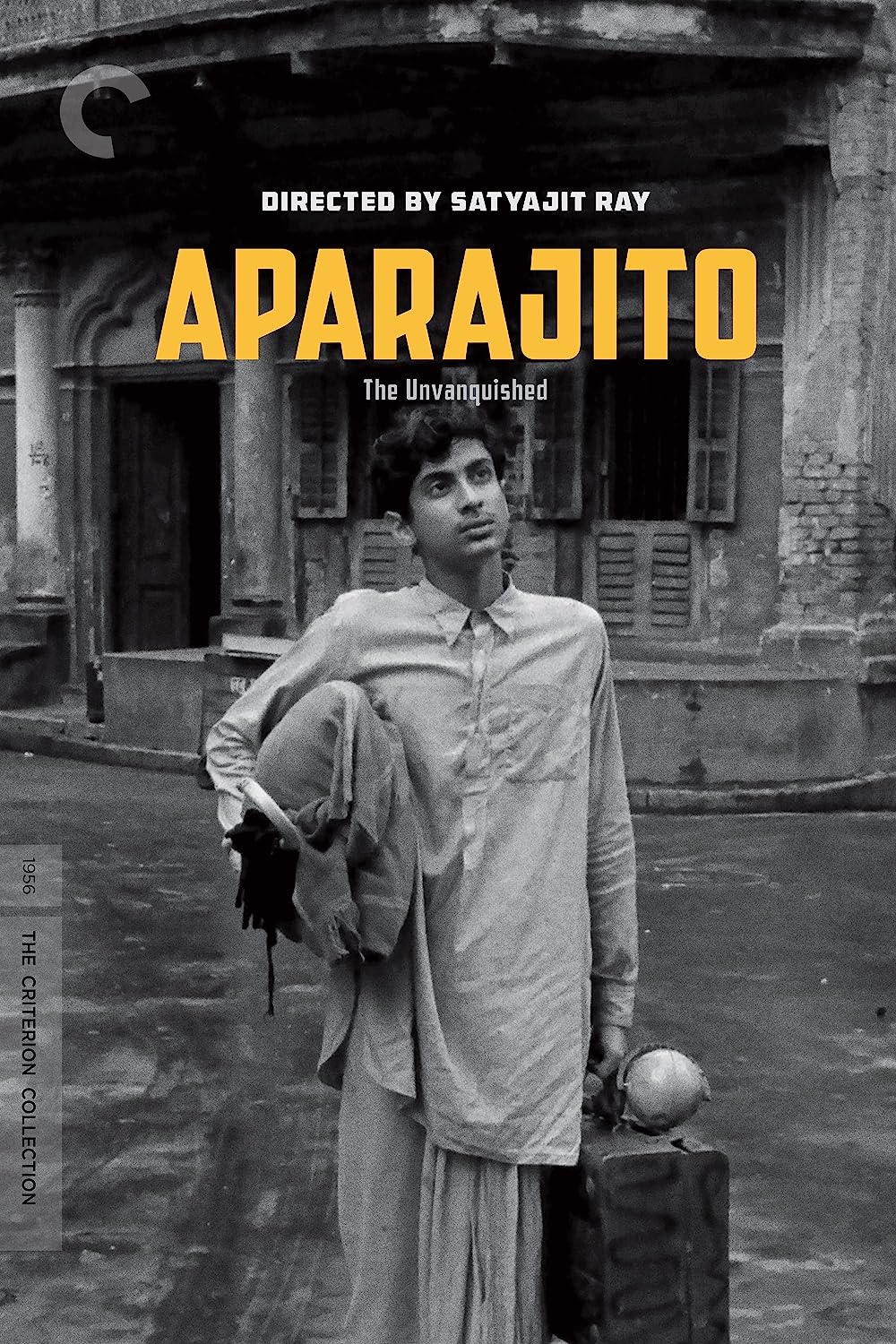
Aparajito
1956
continues the poignant coming-of-age story, tracing the protagonist's pursuit of education and the conflicts that arise between personal aspirations and familial obligations.
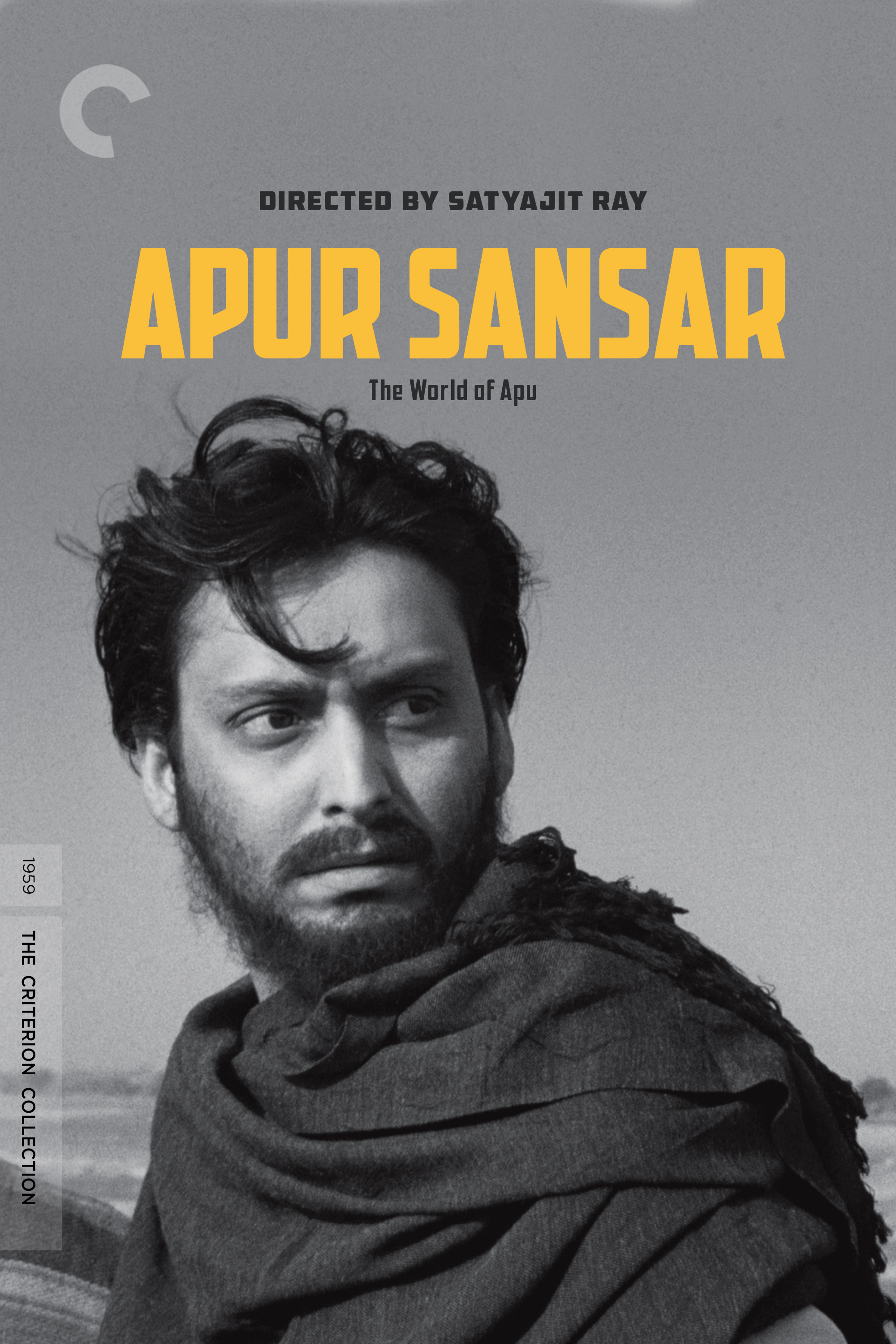
The World of Apu
1959
concludes the iconic Apu Trilogy with a deeply introspective exploration of love, loss, and self-discovery. Ray's films are revered for their lyrical storytelling, humanistic themes, and stunning cinematography, establishing him as one of India's most influential and revered filmmakers.

Wong Kar-wai
Immerse yourself in the mesmerizing world of Wong Kar-wai with our Director's Retrospective.
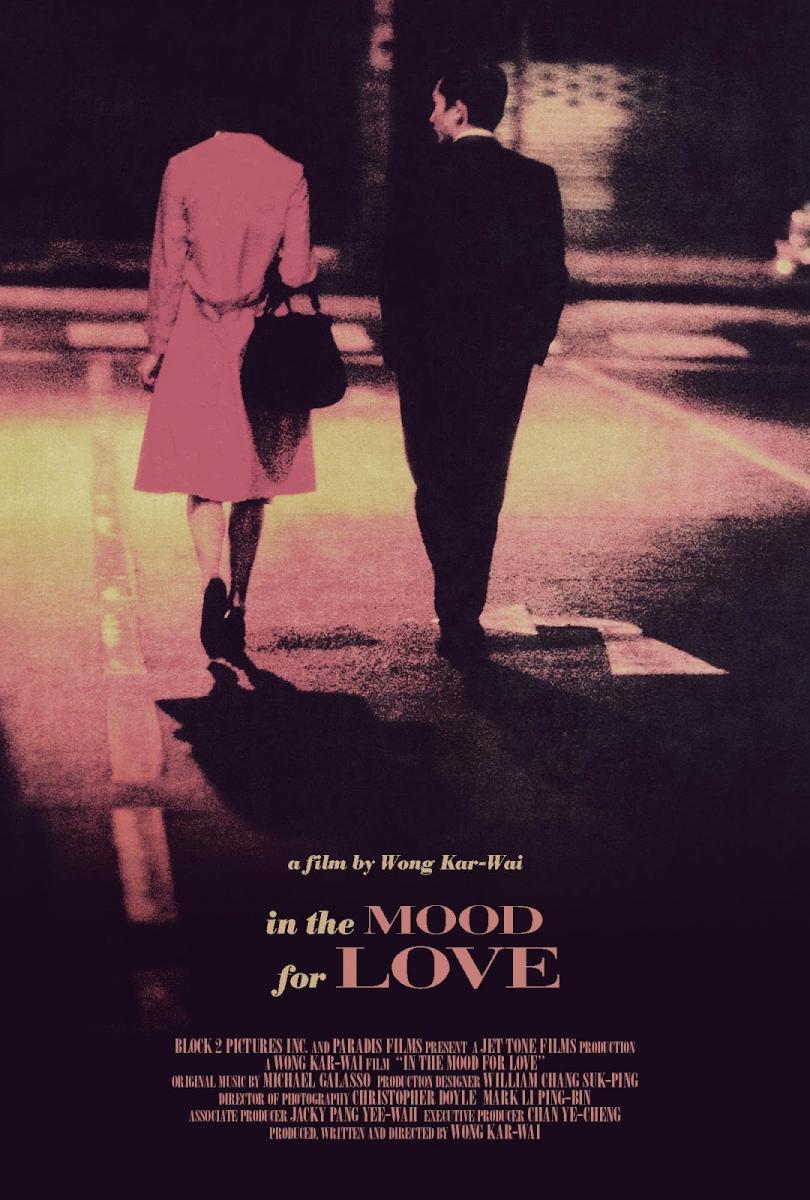
In the Mood for Love
2000
presents a visually stunning and emotionally resonant tale of unrequited love and longing, set against the backdrop of 1960s Hong Kong.
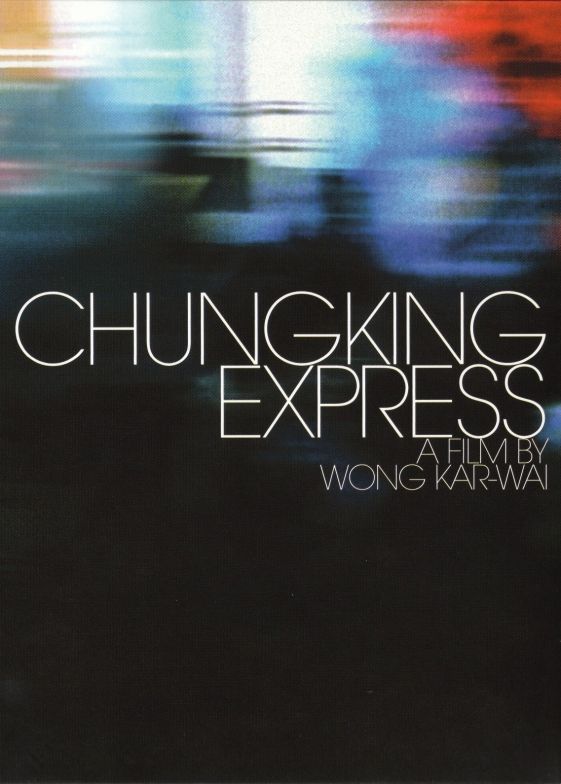
Chungking Express
1994
weaves together two distinct love stories in the bustling streets of Hong Kong, capturing the essence of urban loneliness and fleeting connections. Wong Kar-wai's films are celebrated for their exquisite cinematography, poetic storytelling, and exploration of themes such as memory, desire, and the complexities of human relationships.
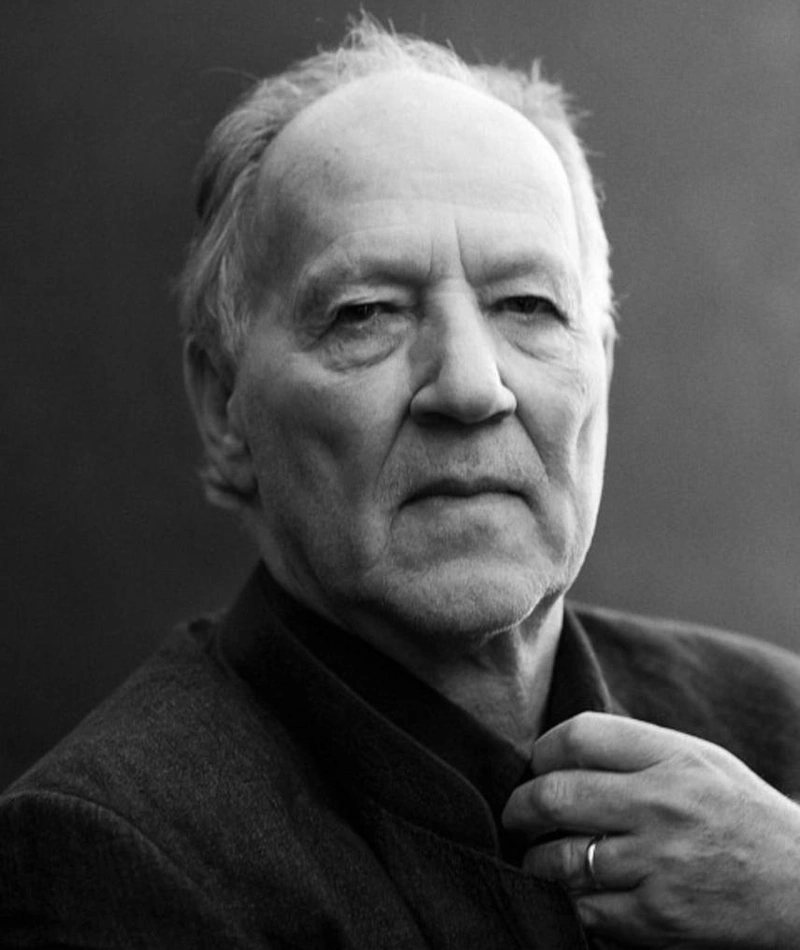
Werner Herzog
a captivating journey through the visionary films of Werner Herzog in our Director's Retrospective.
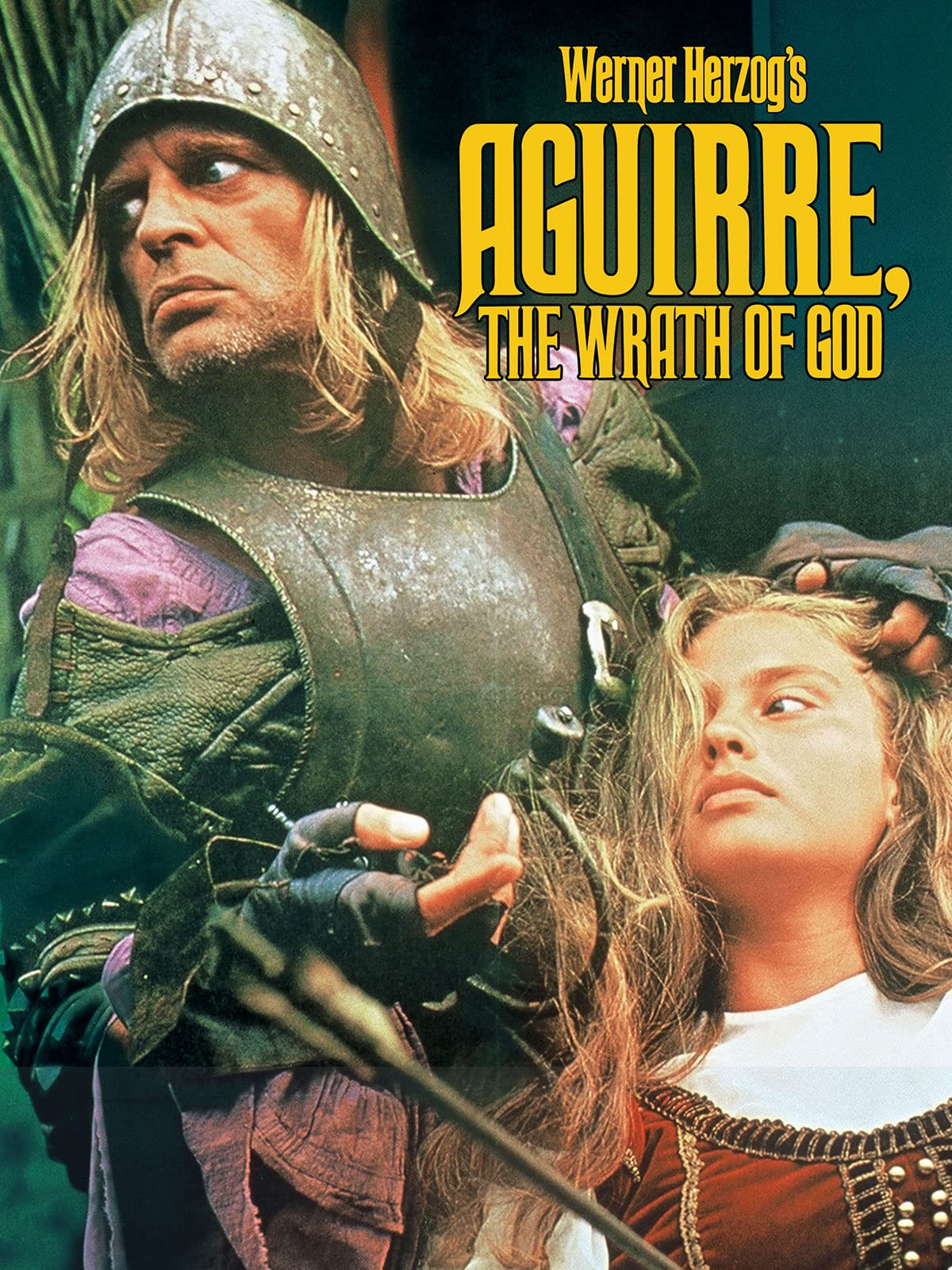
Aguirre, the Wrath of God
1972
immerses viewers in a mesmerizing tale of obsession and power as a Spanish conquistador's quest for El Dorado leads to madness and chaos in the heart of the Amazon rainforest.
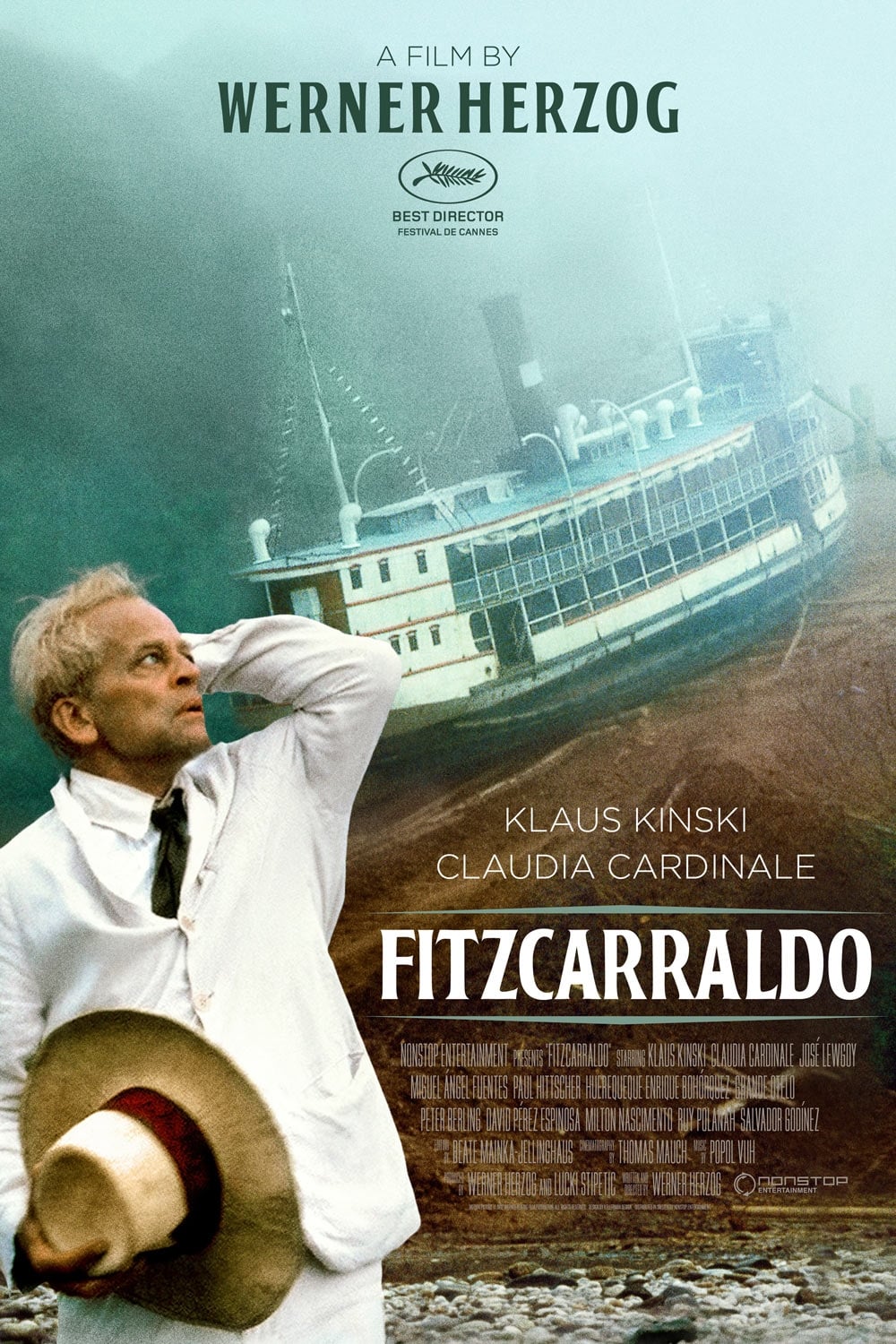
Fitzcarraldo
1982
takes audiences on a breathtaking adventure, following a man's audacious mission to haul a steamship over a mountain in the pursuit of his grand vision. Herzog's films are renowned for their stunning visuals, exploration of human ambition, and existential themes, cementing him as one of cinema's most audacious and imaginative directors.